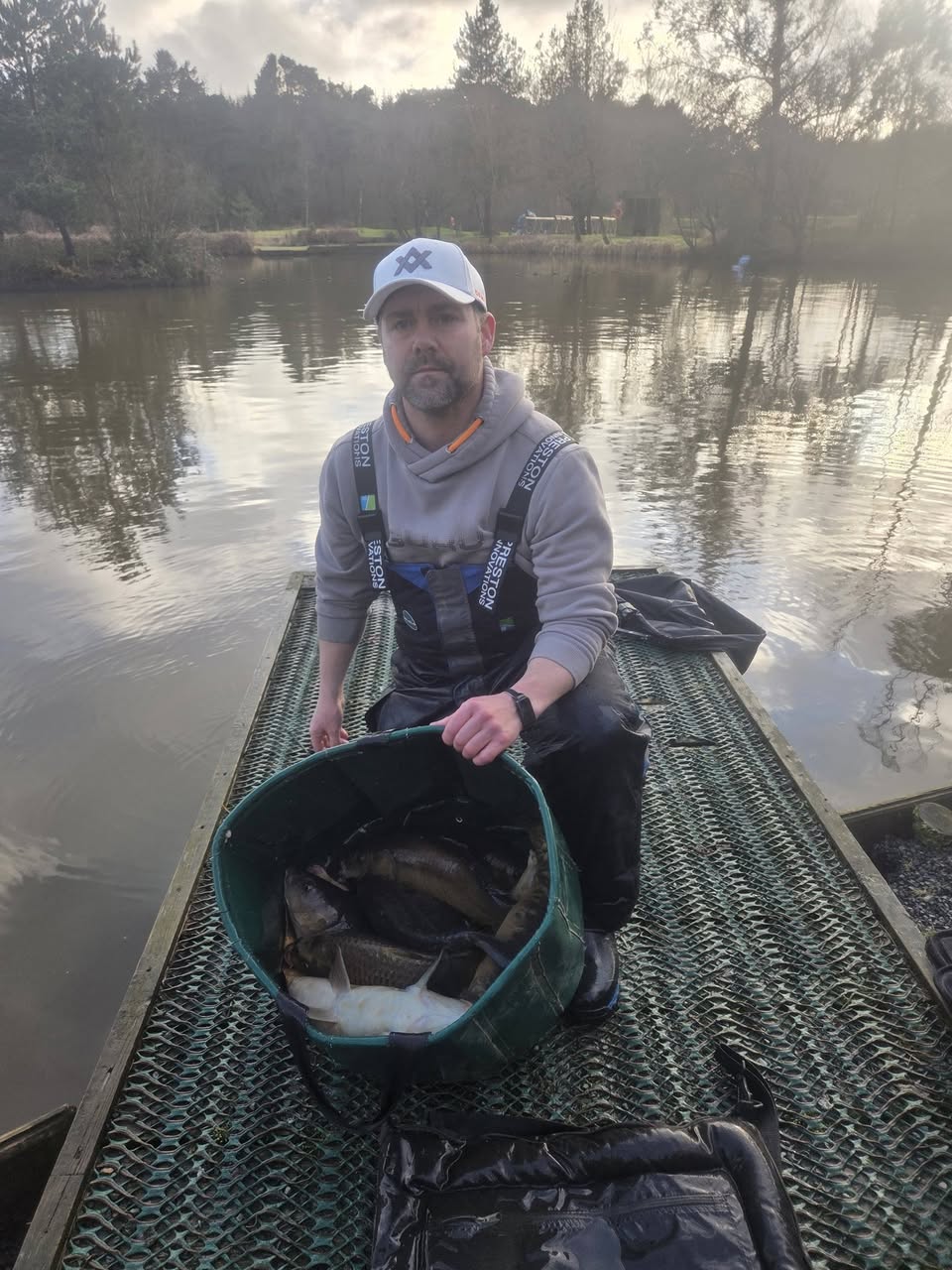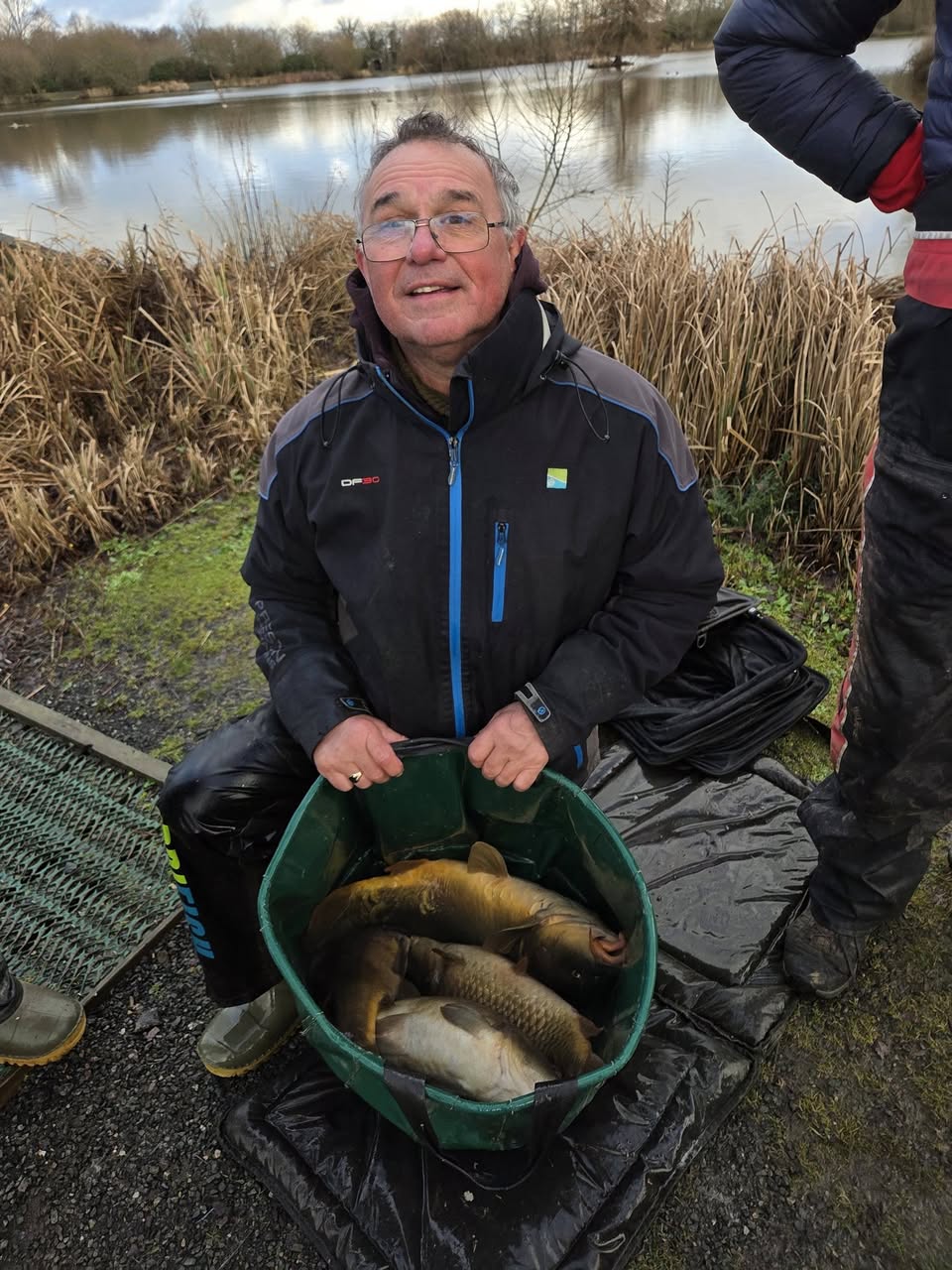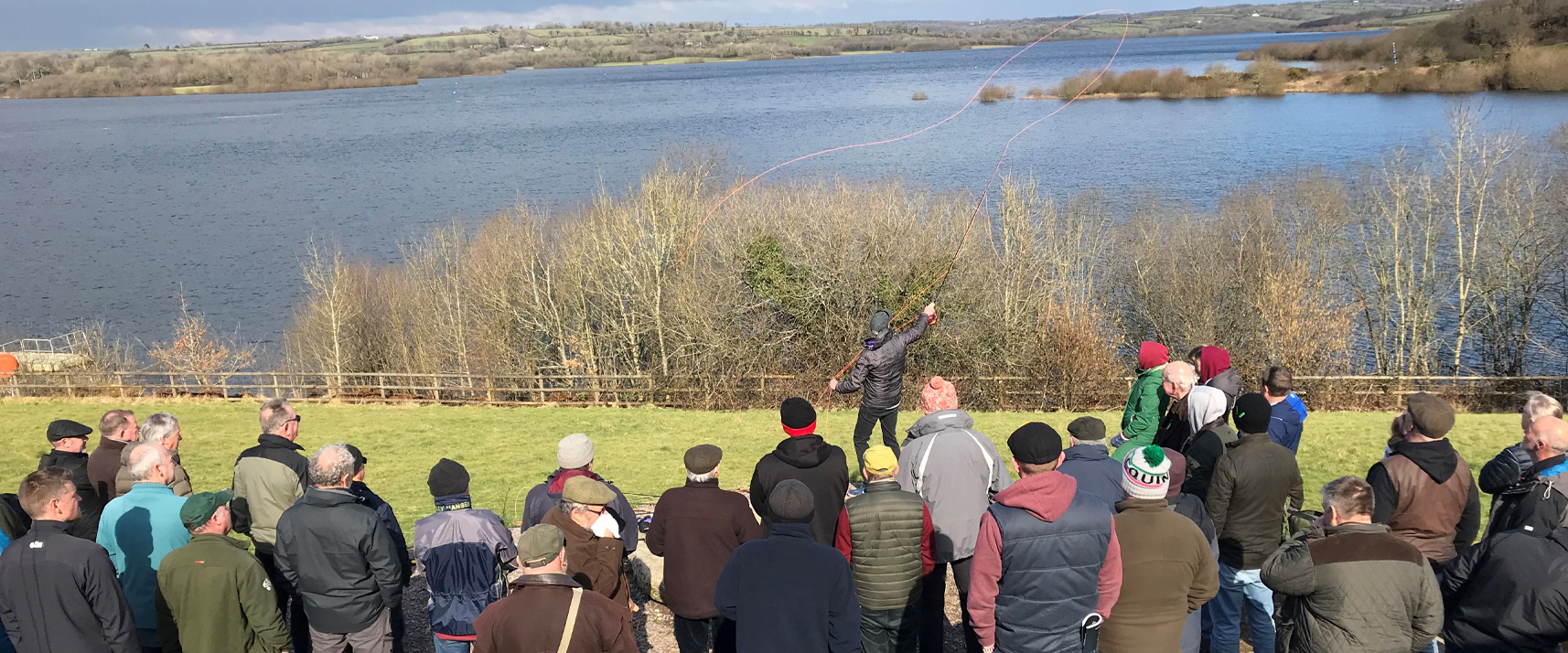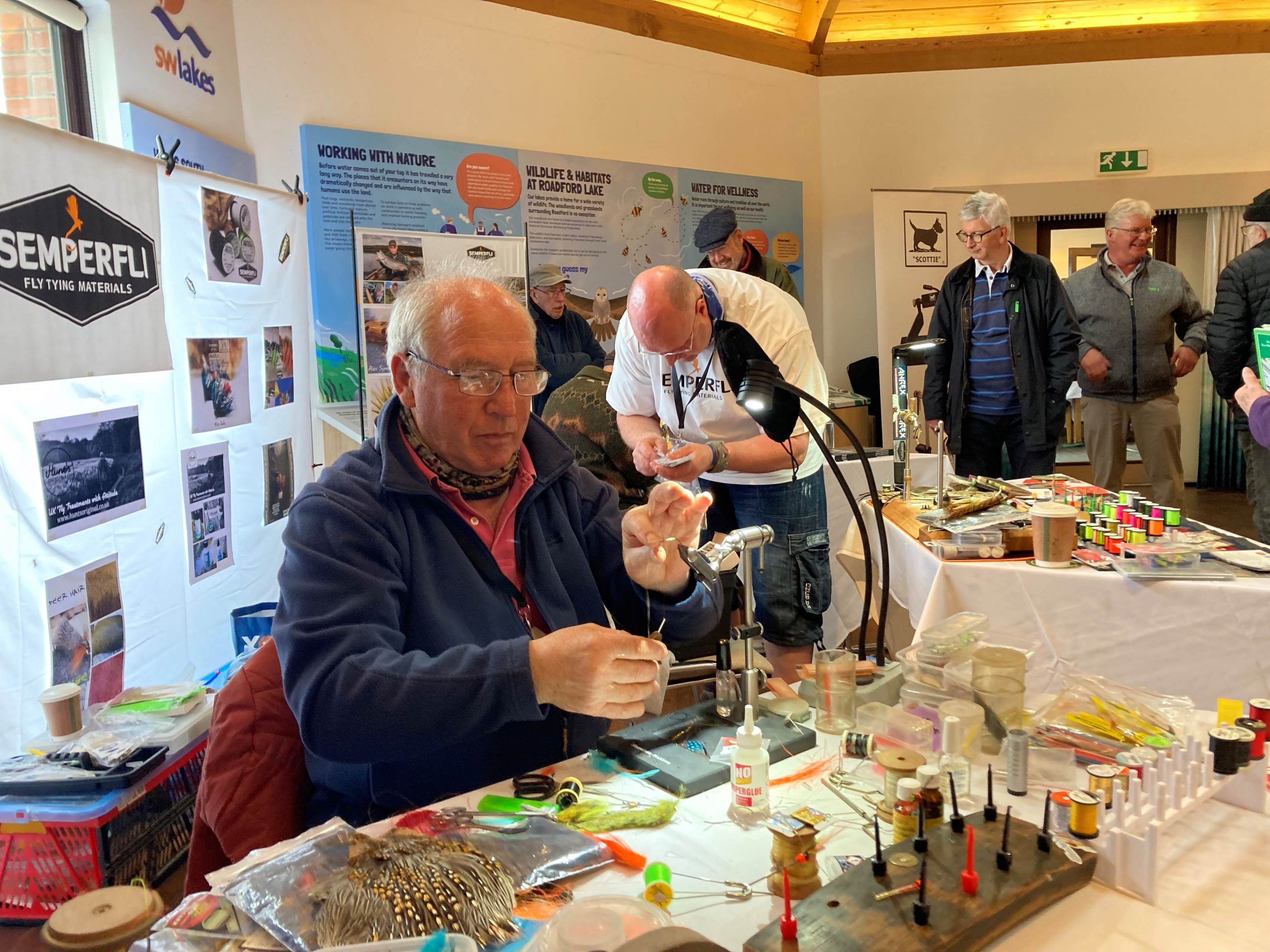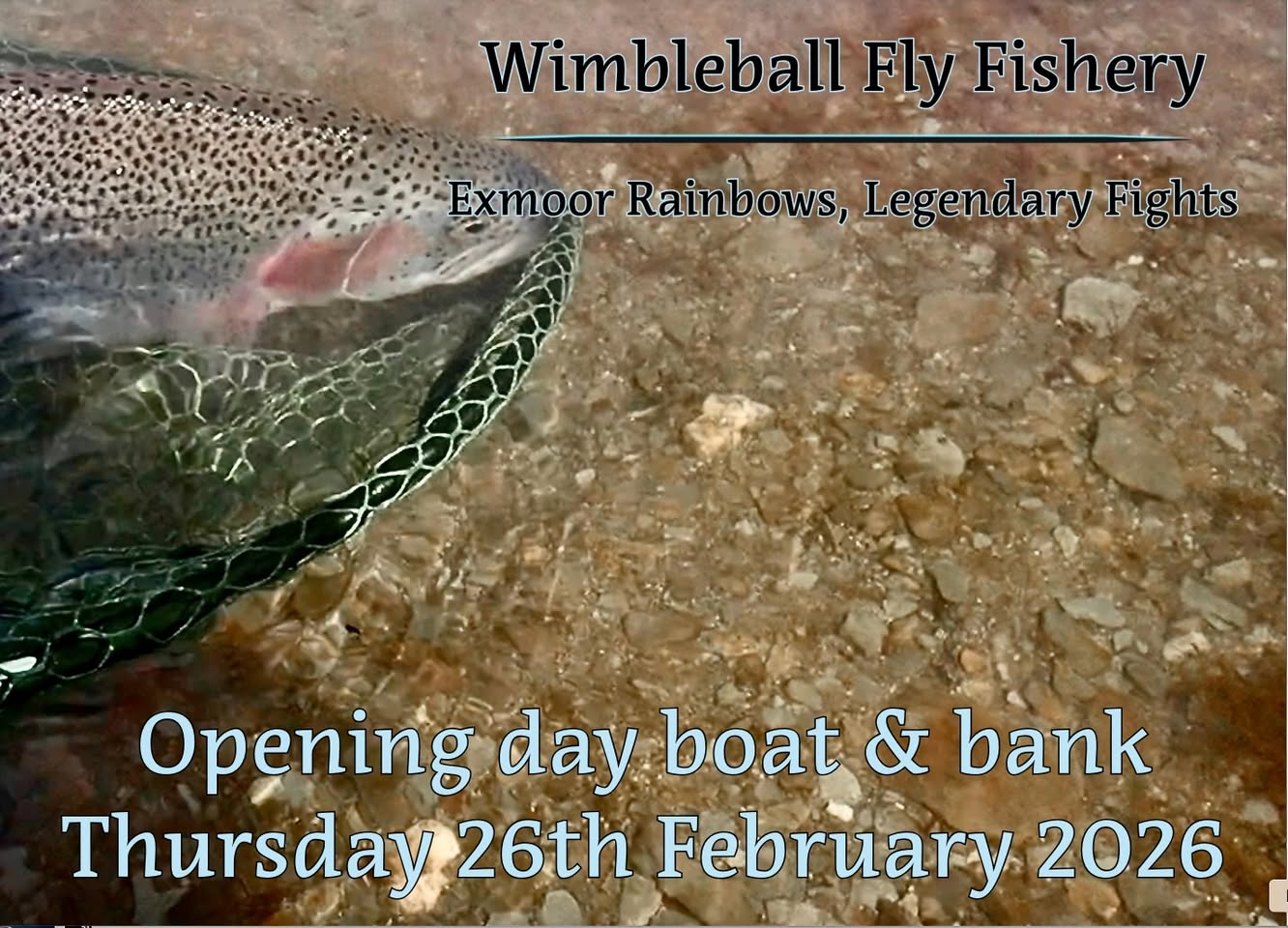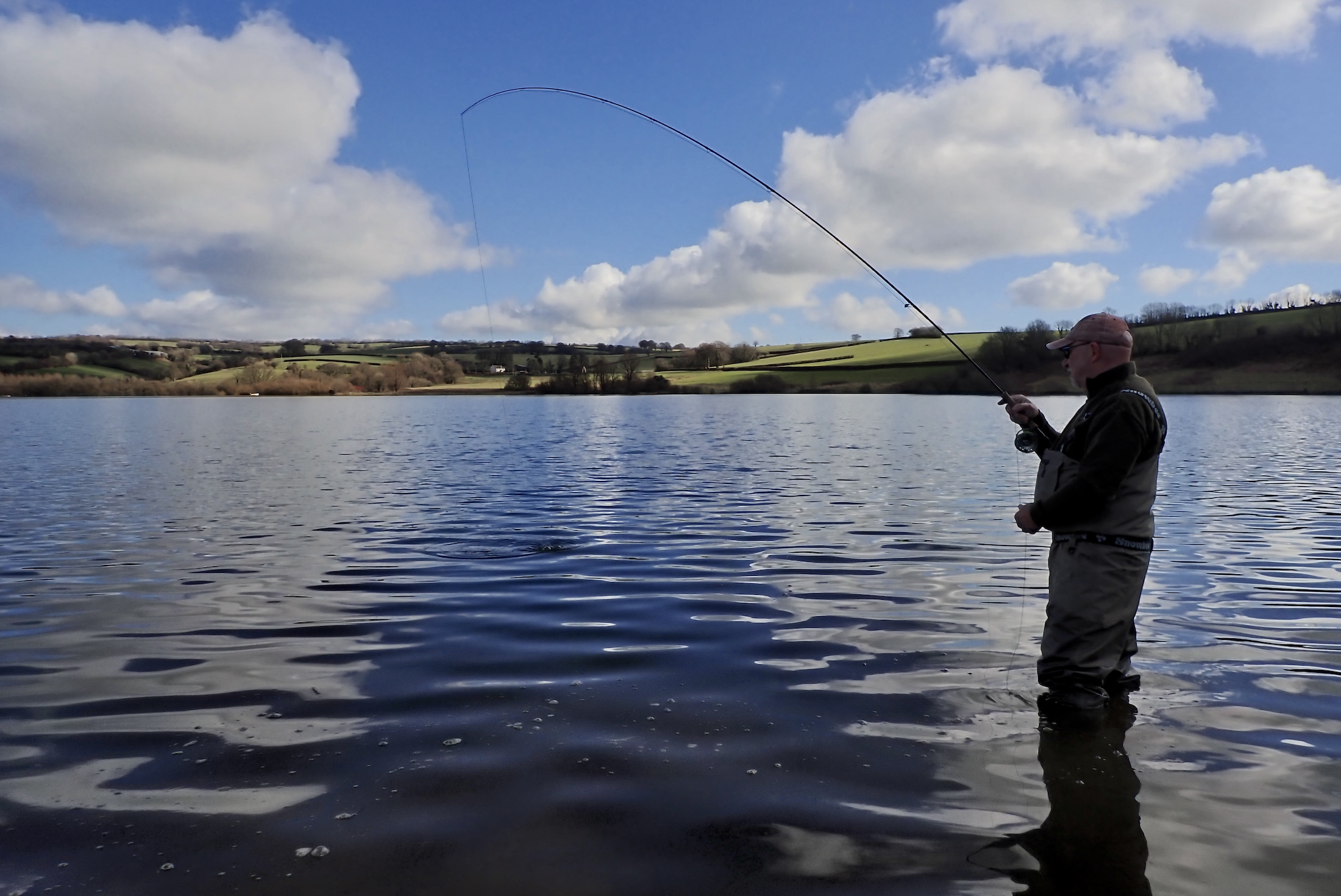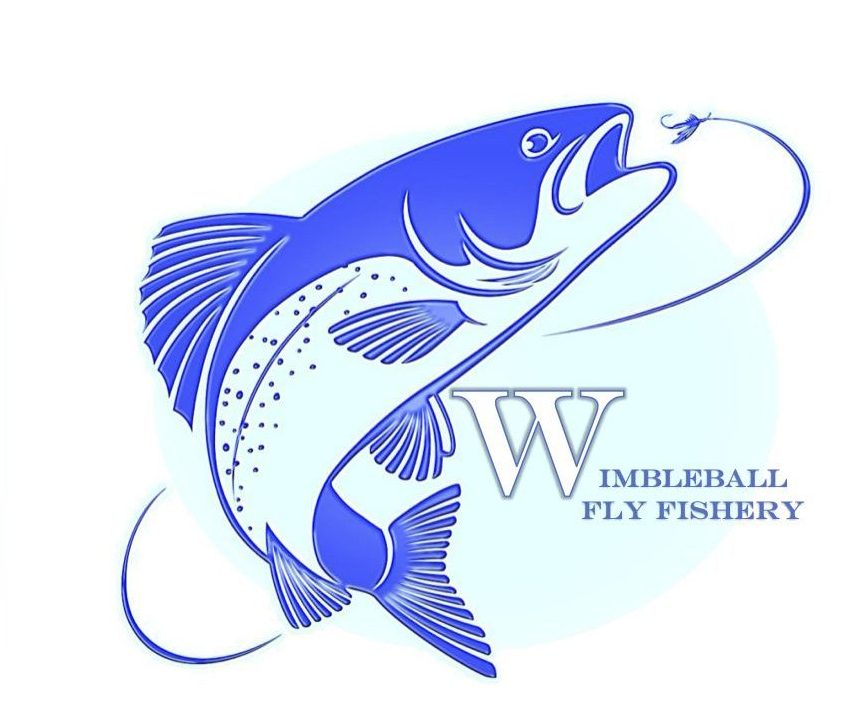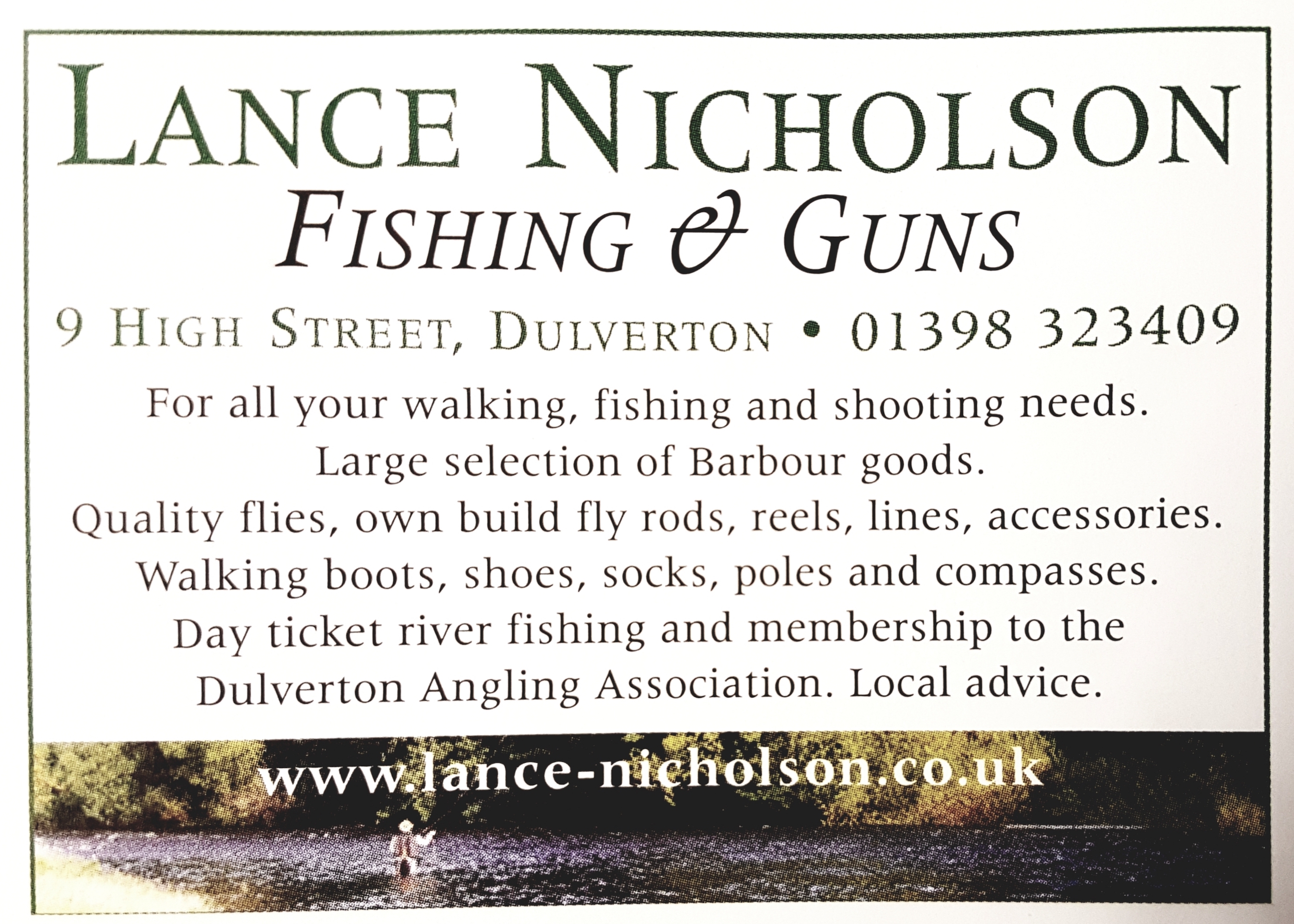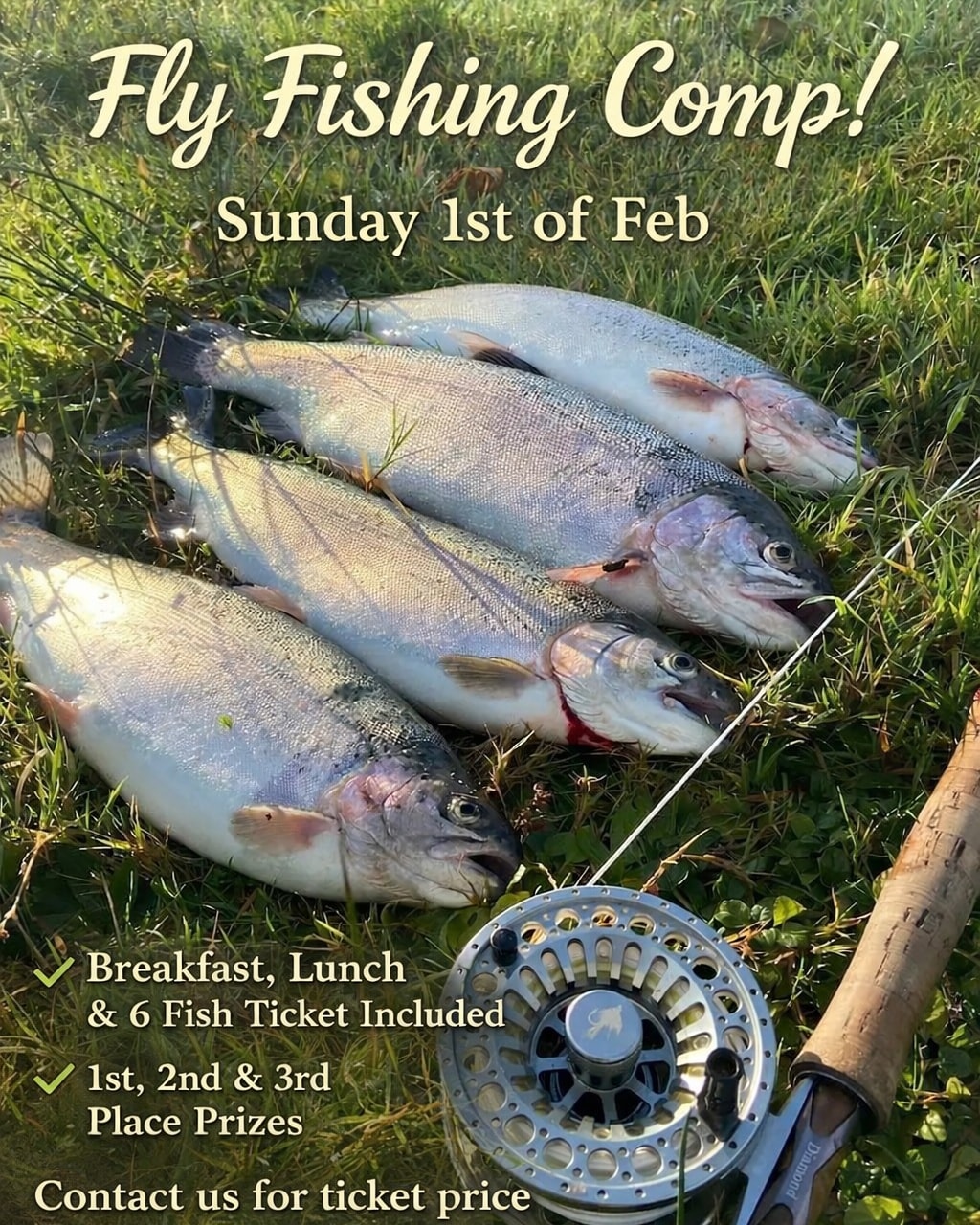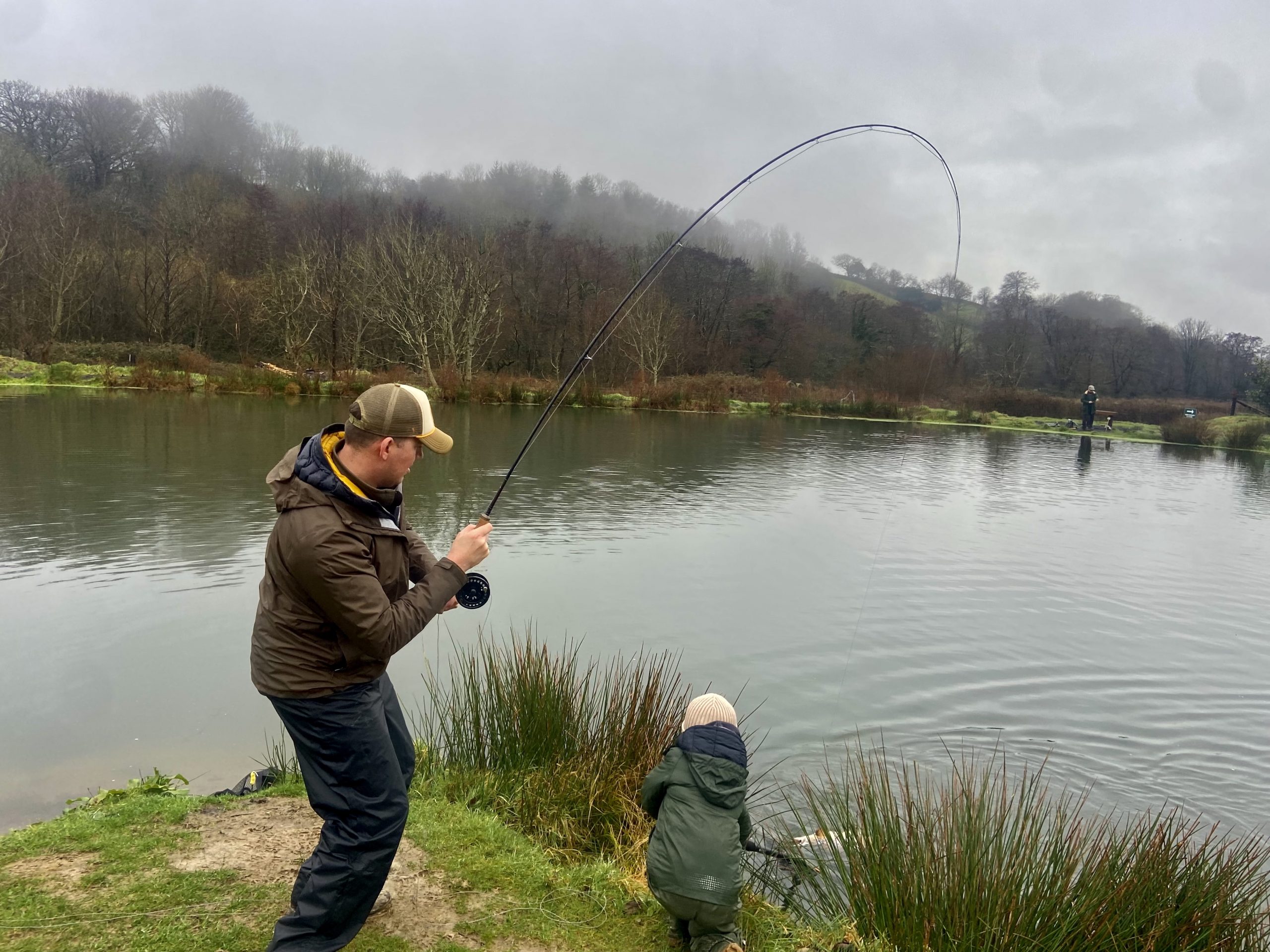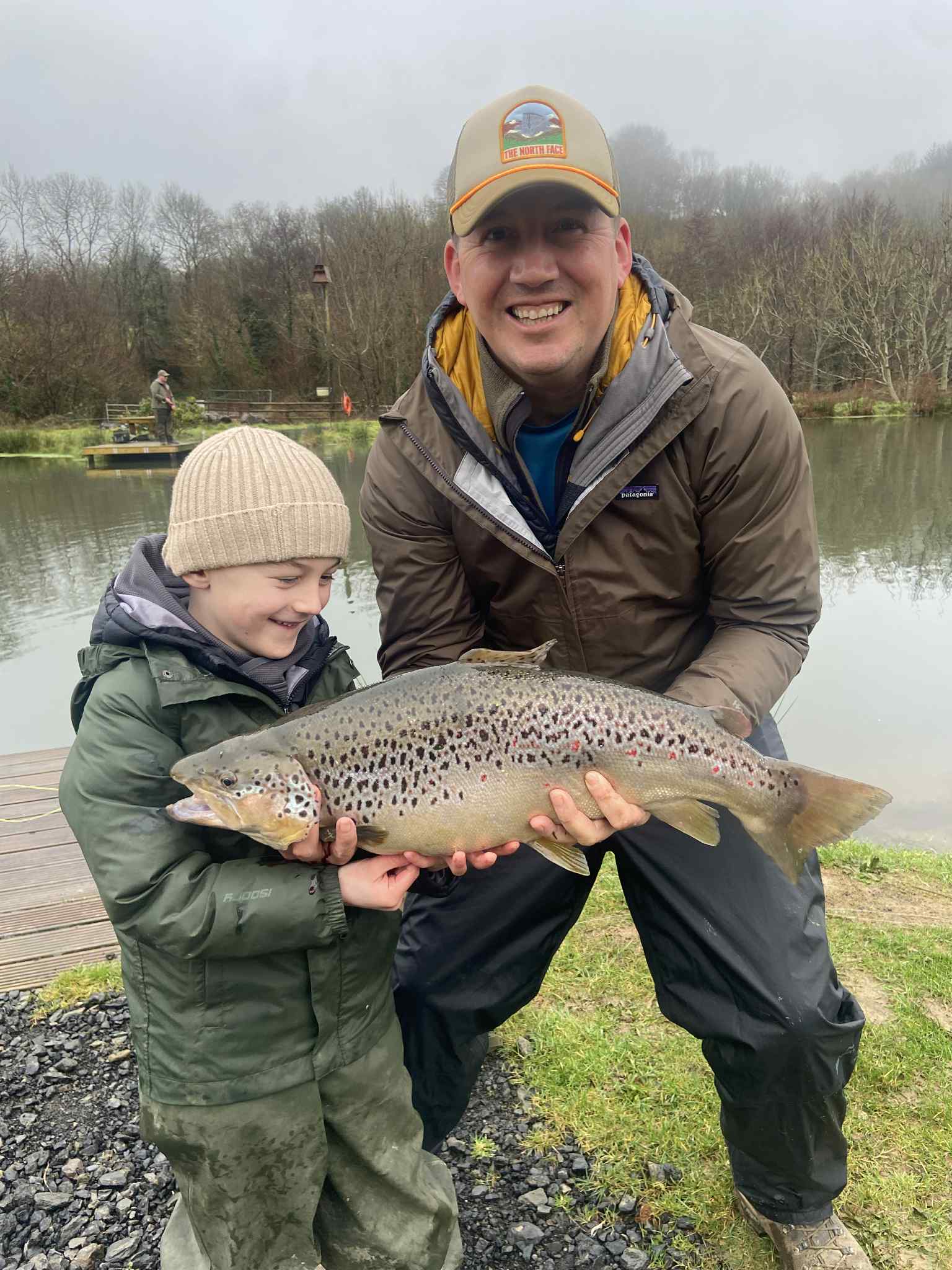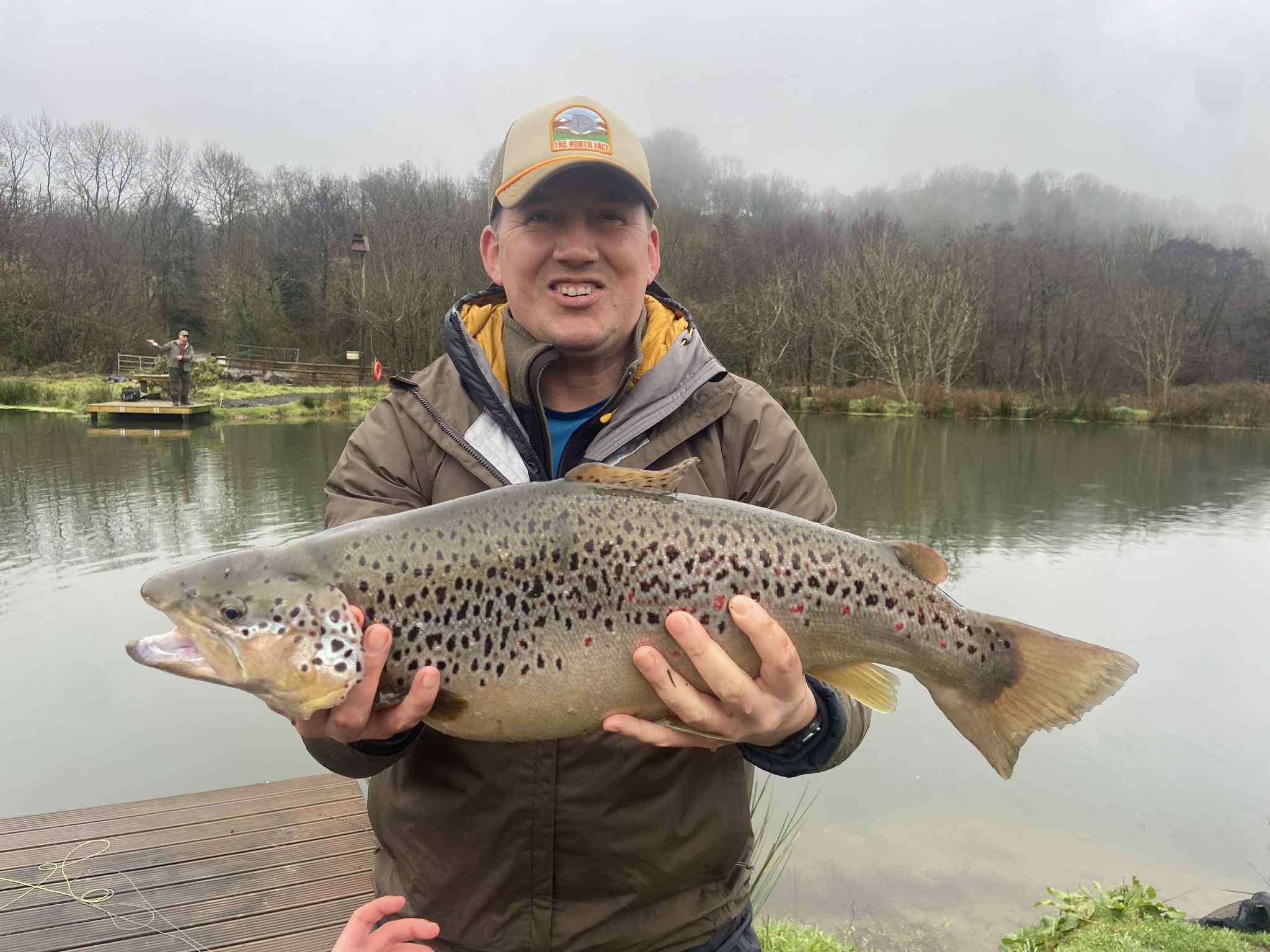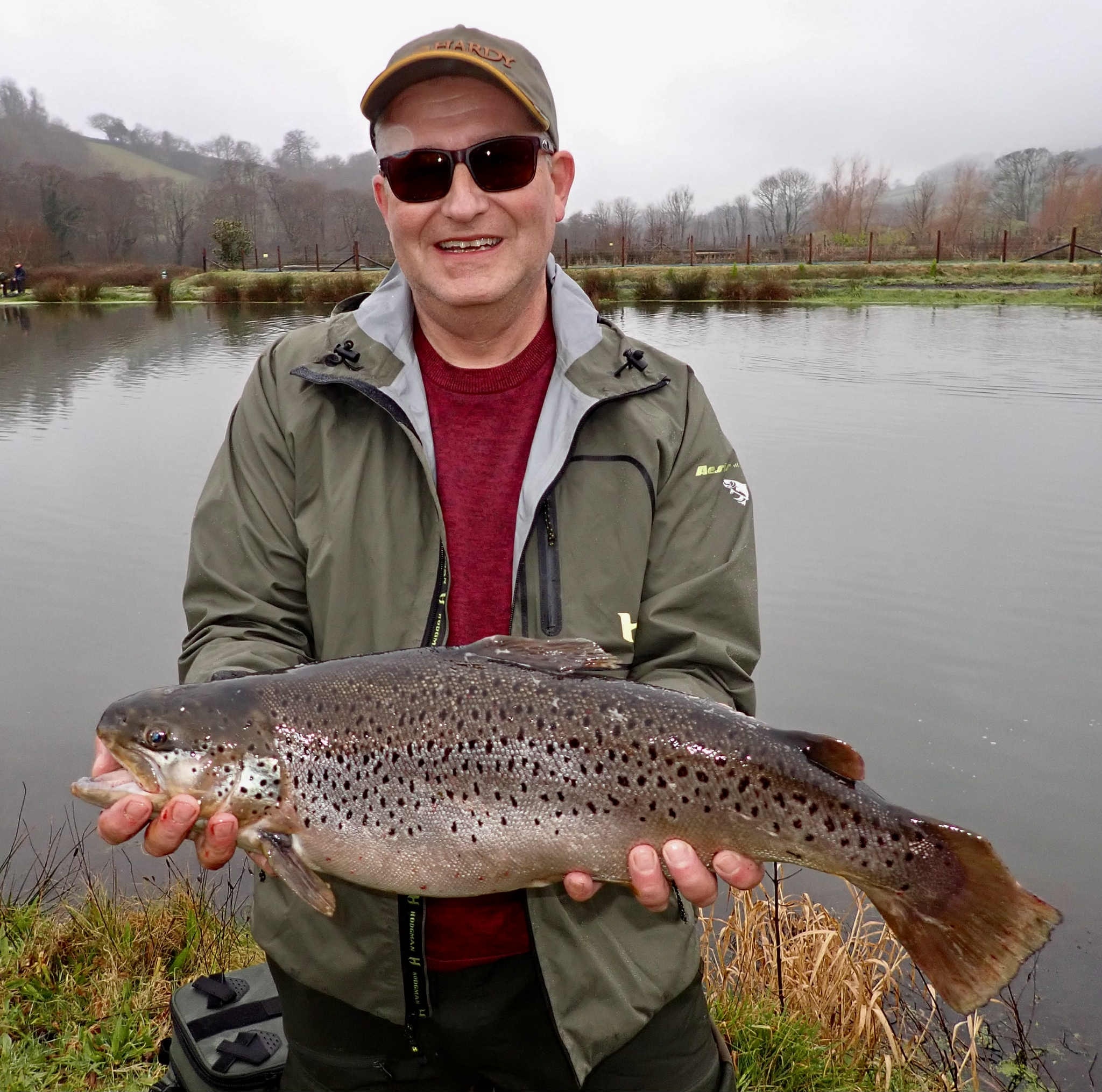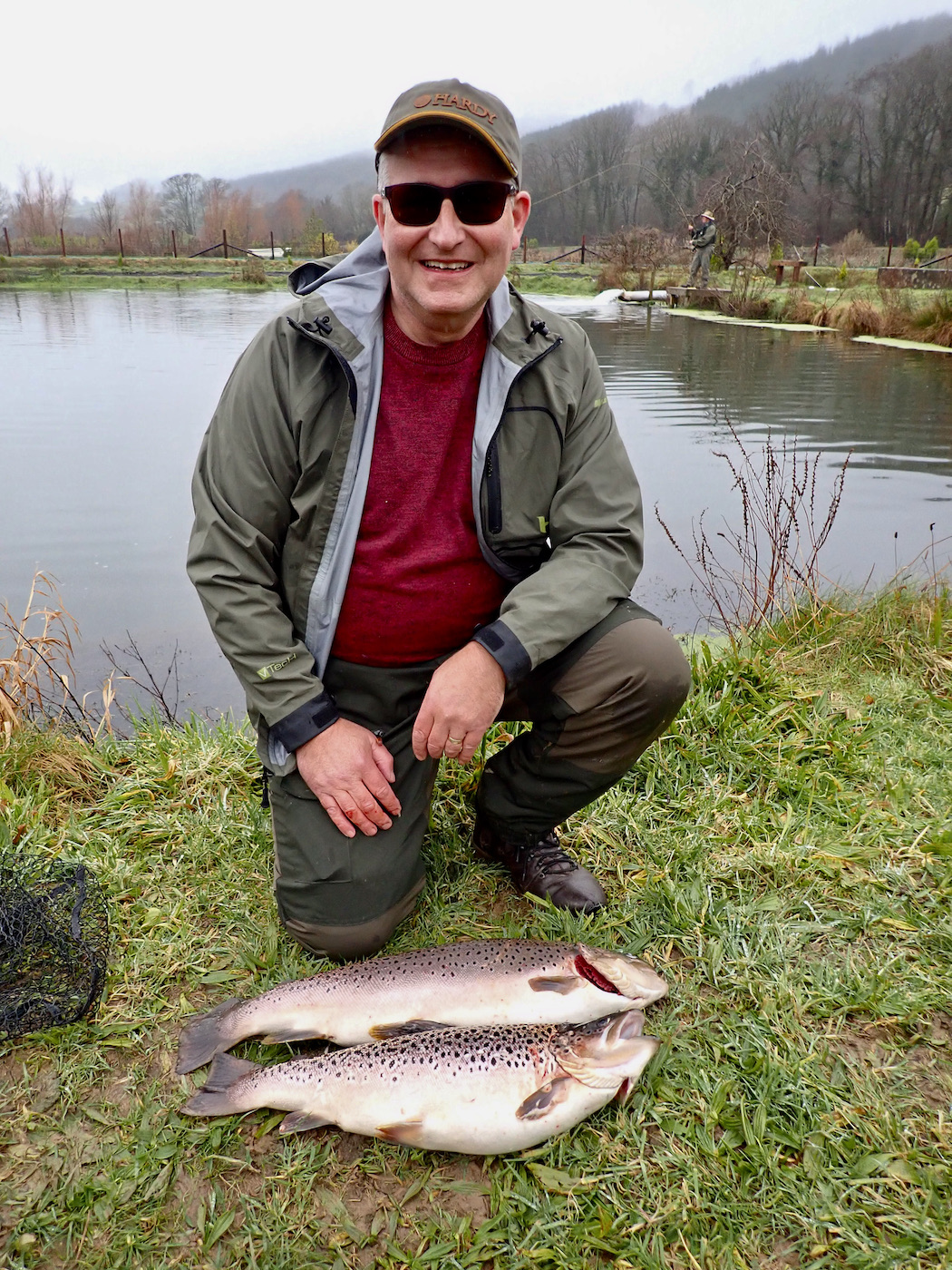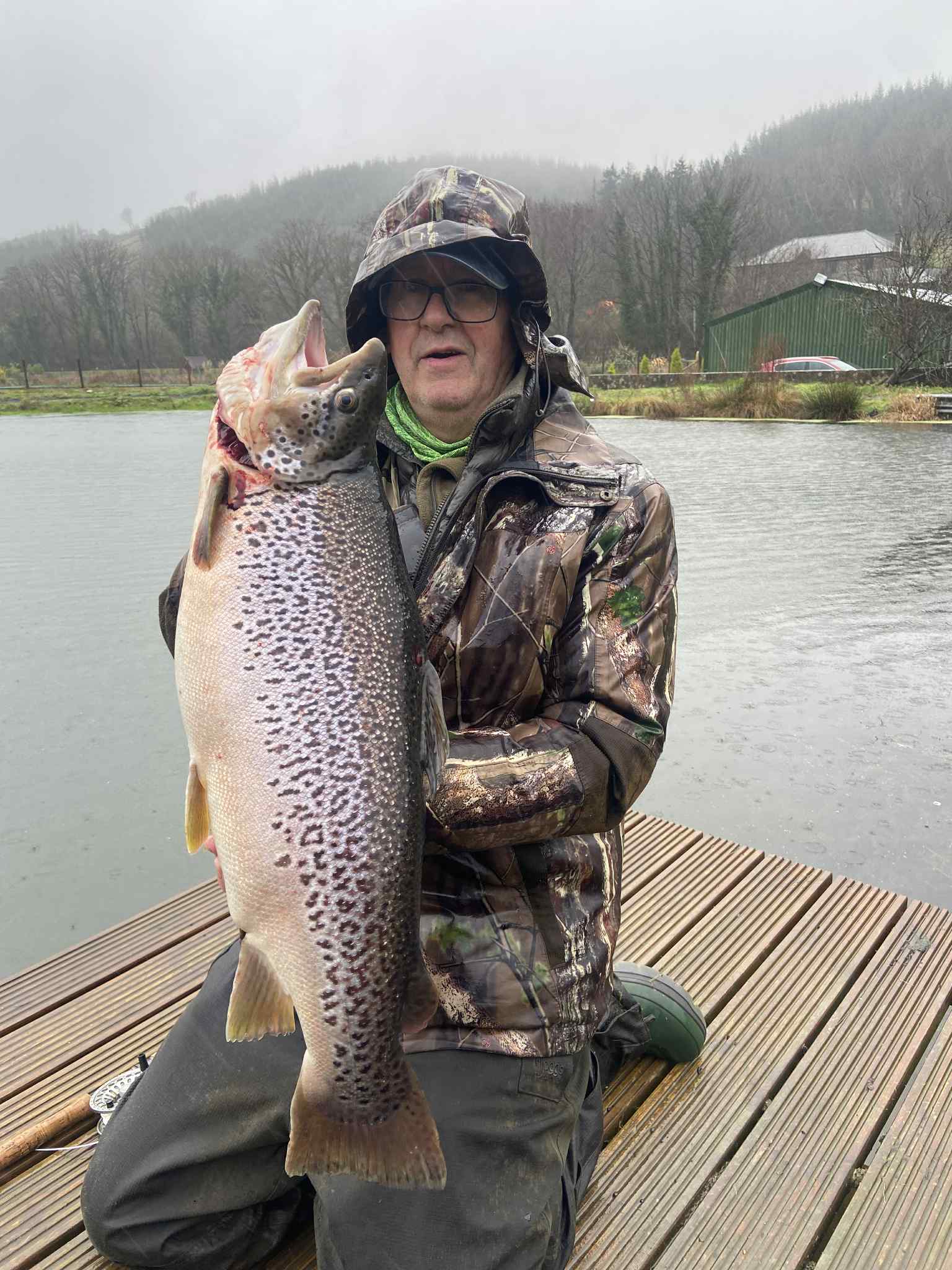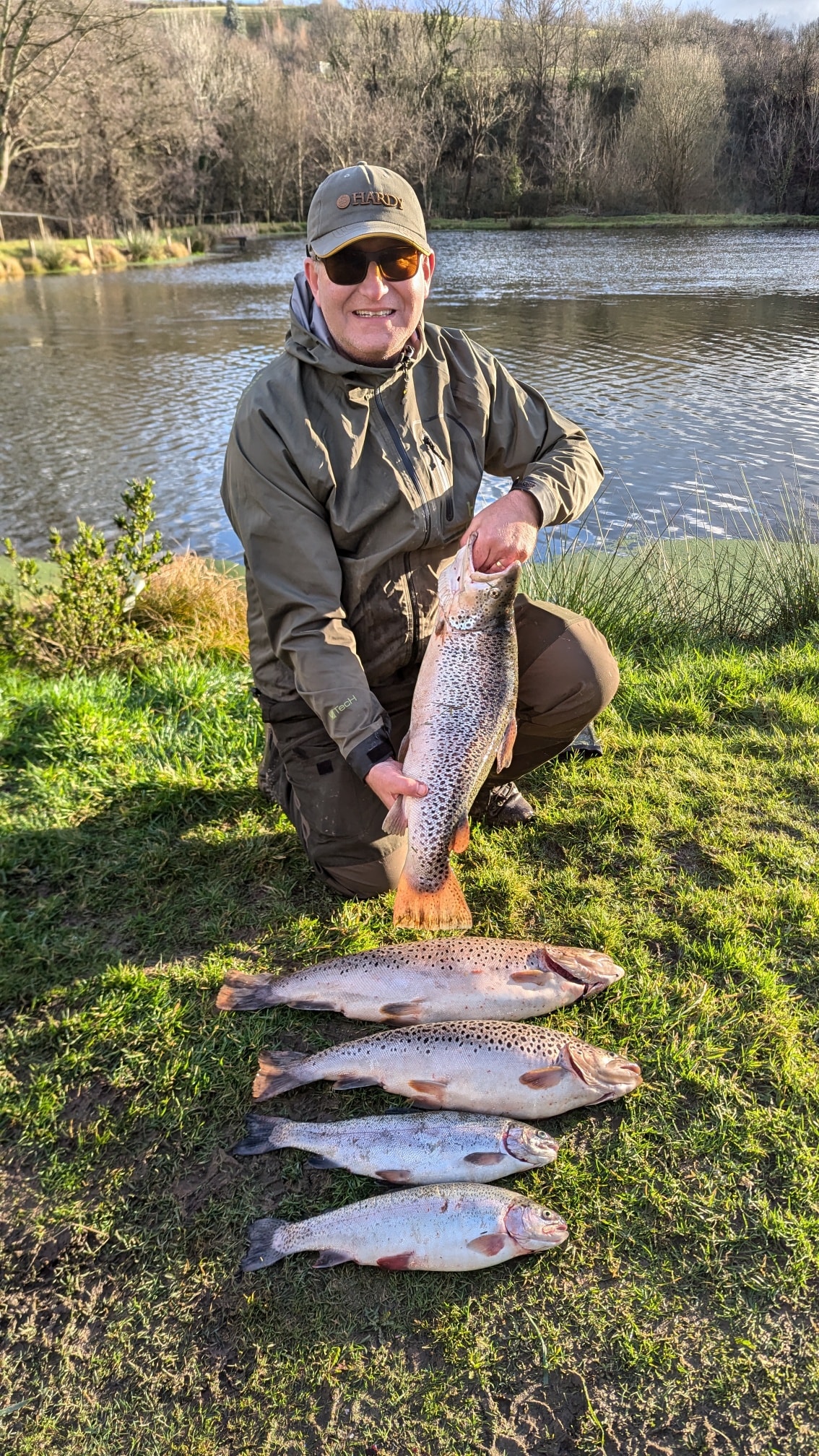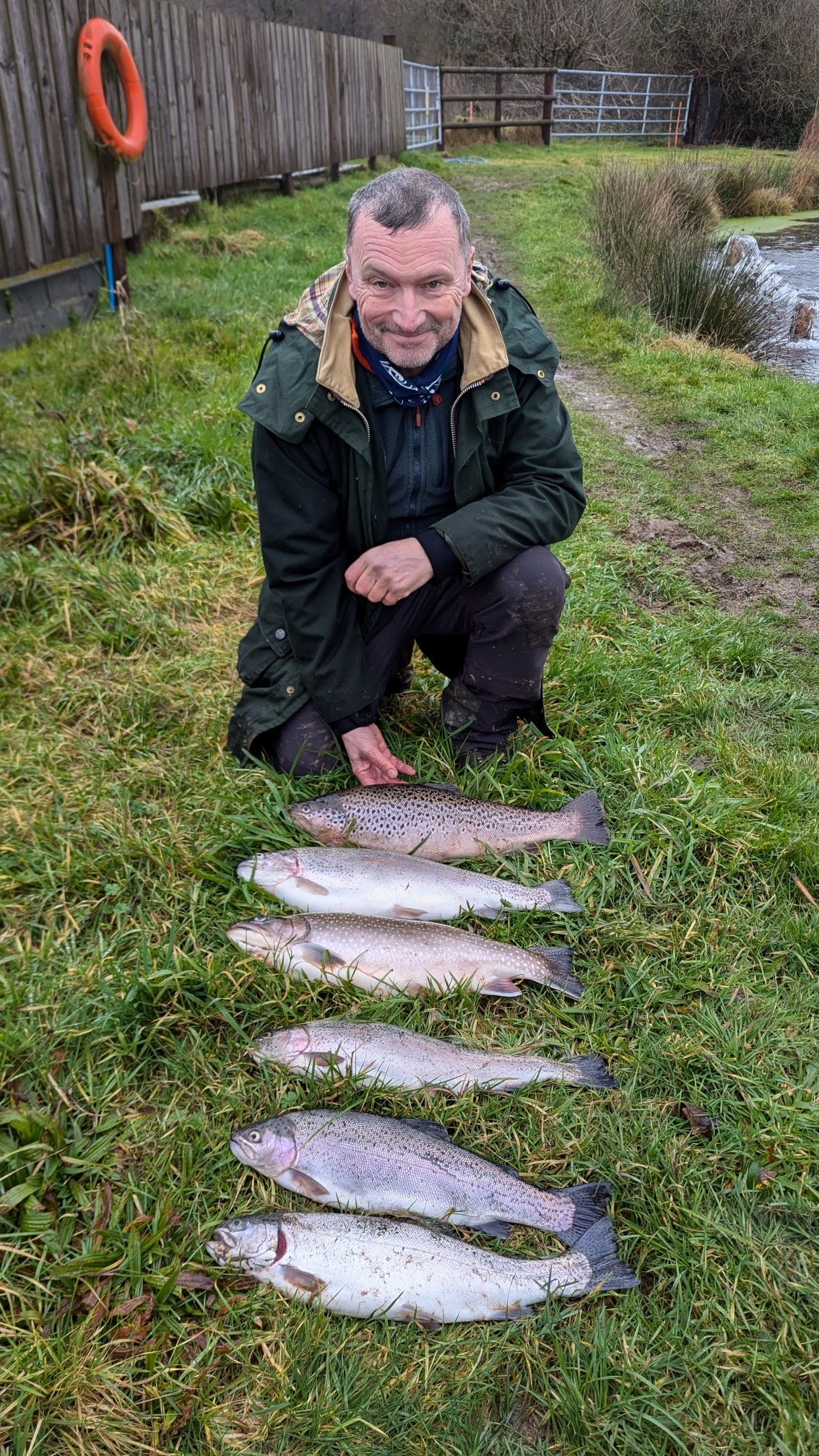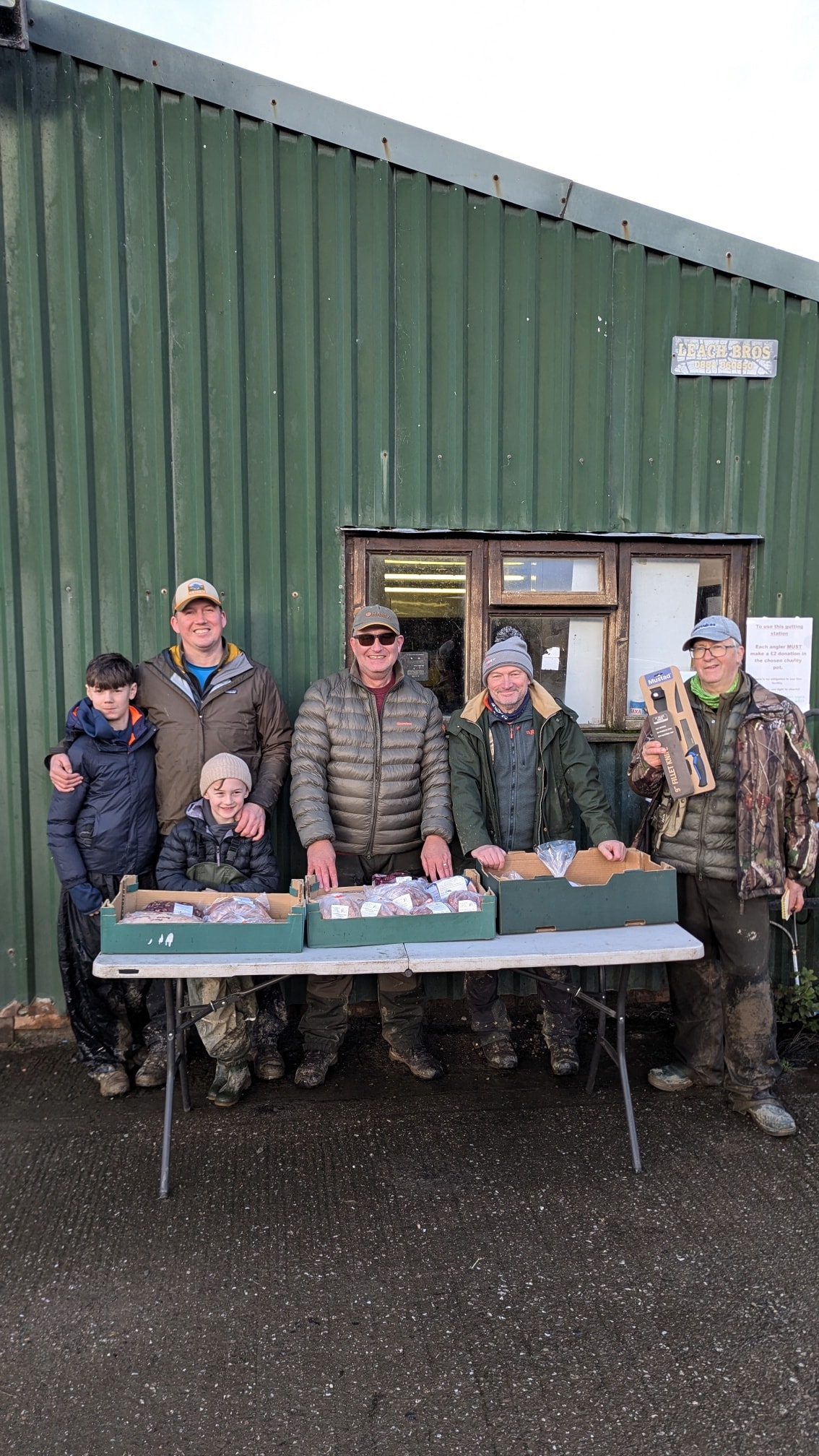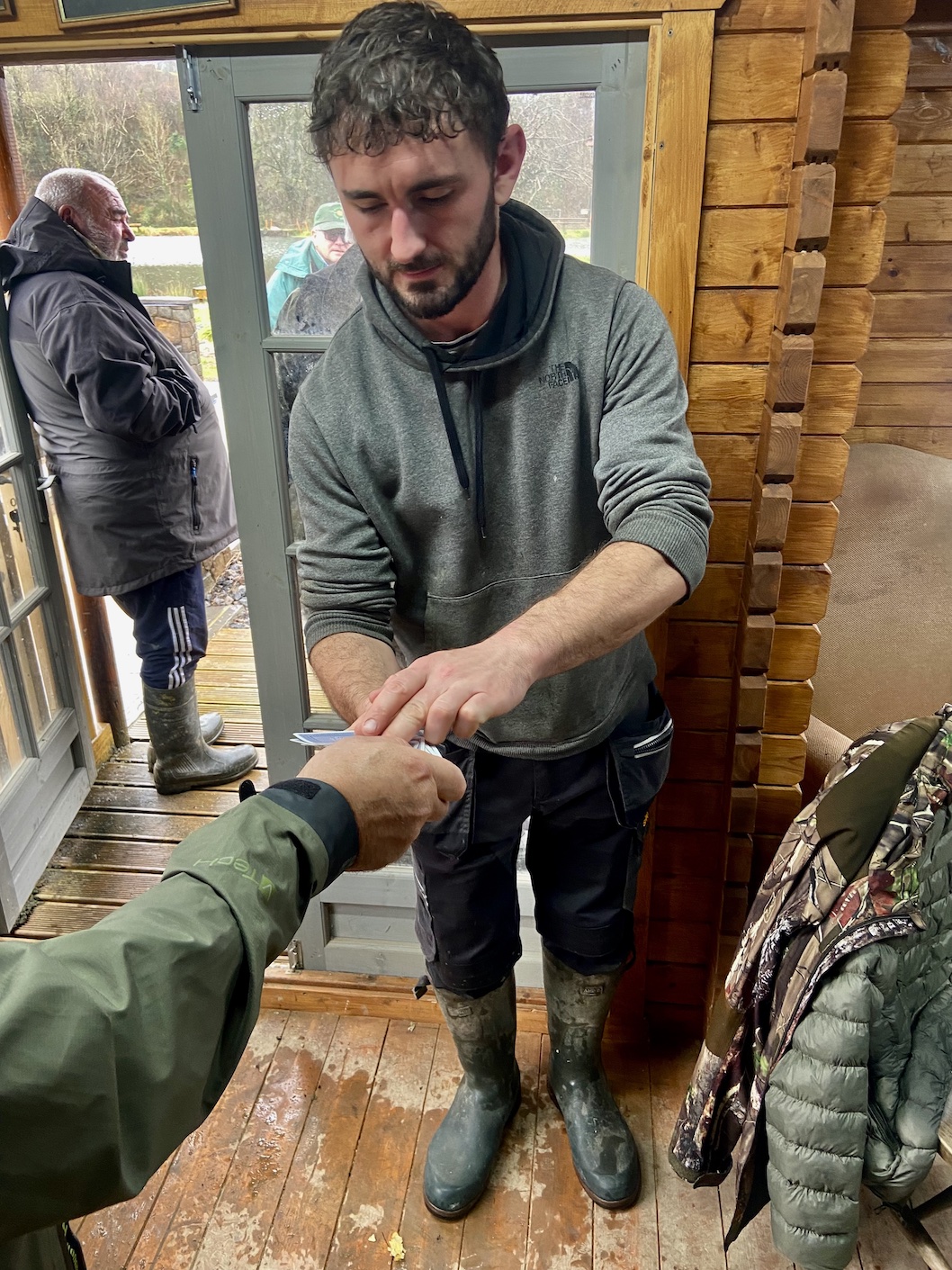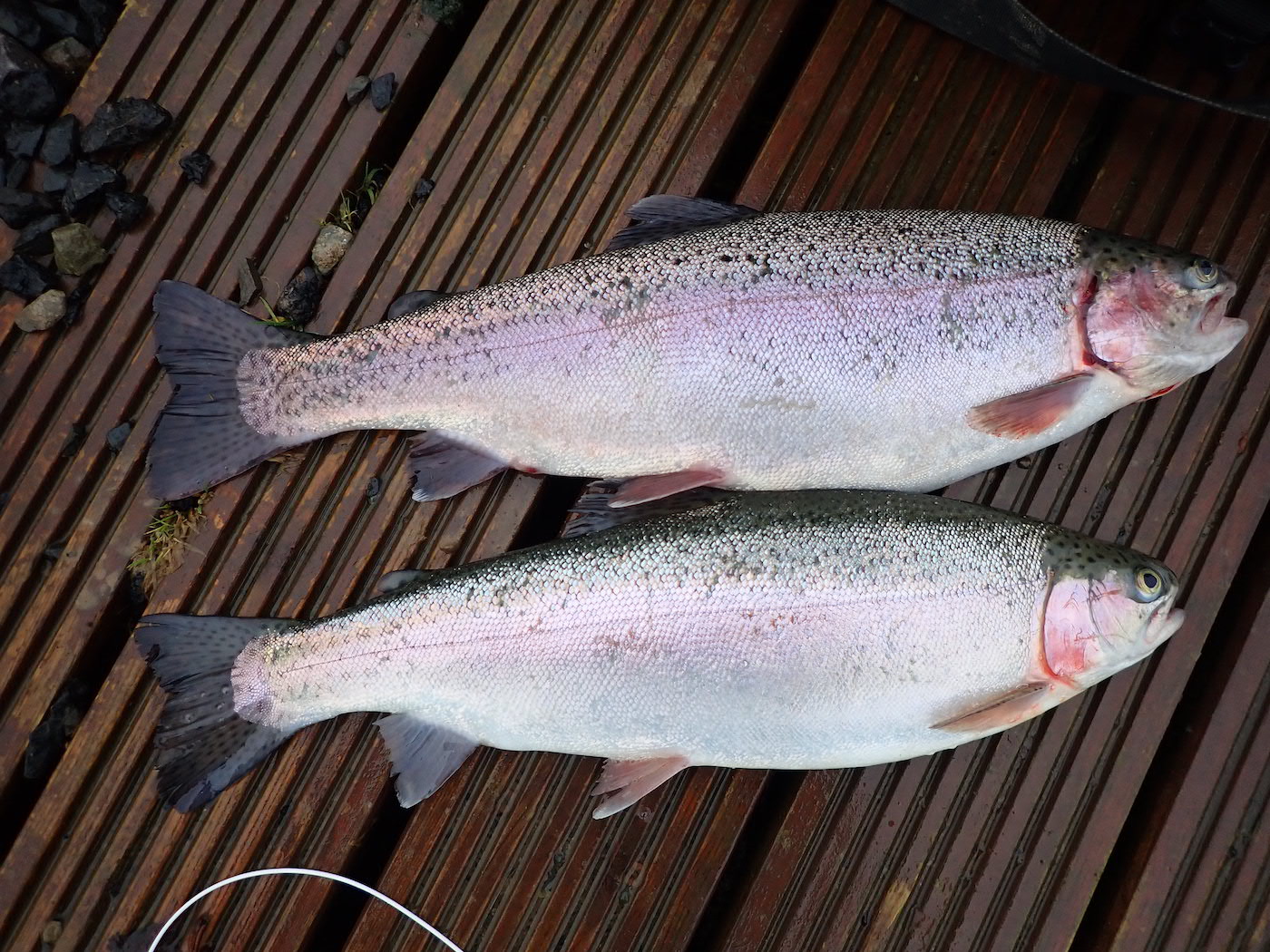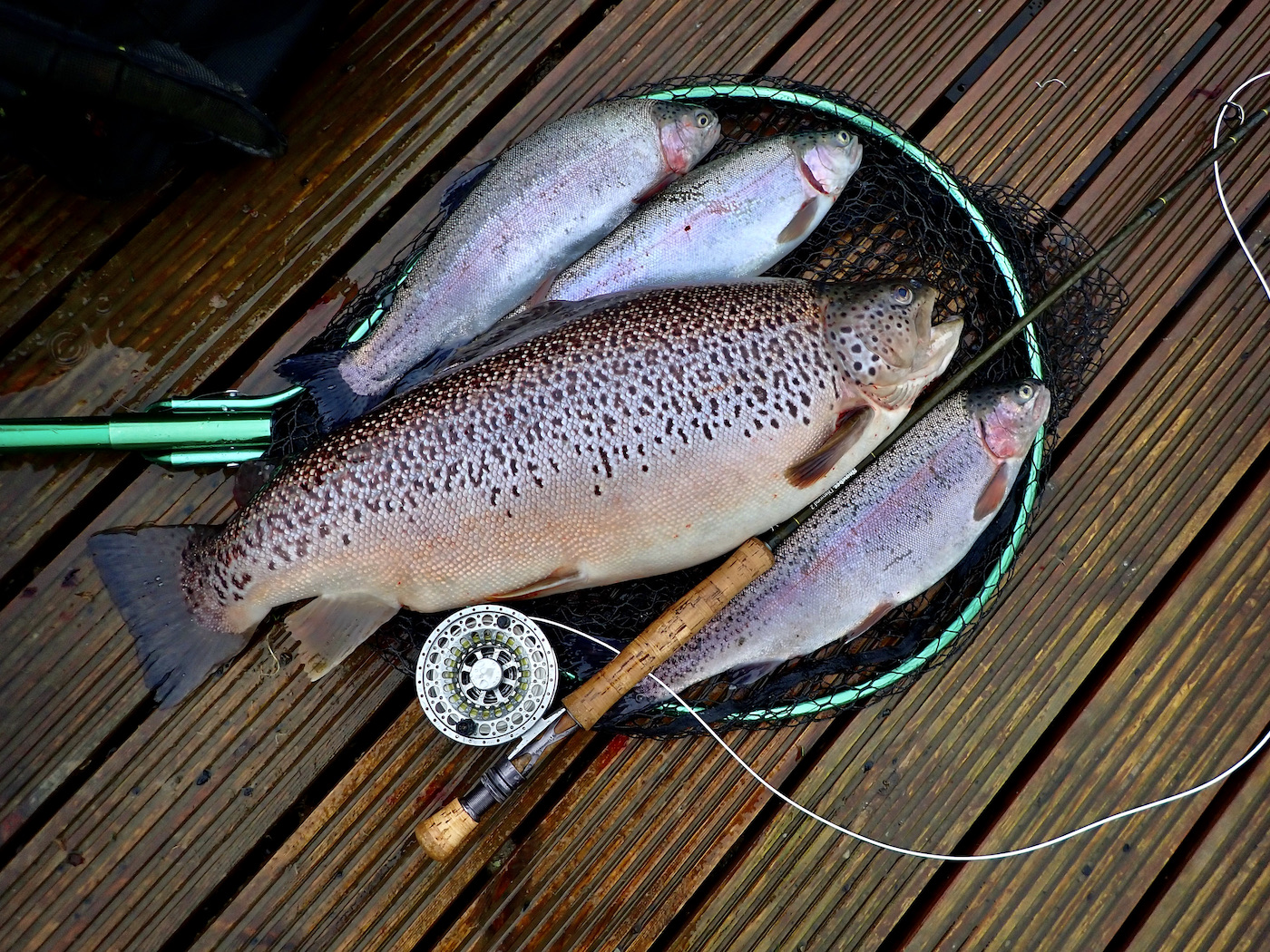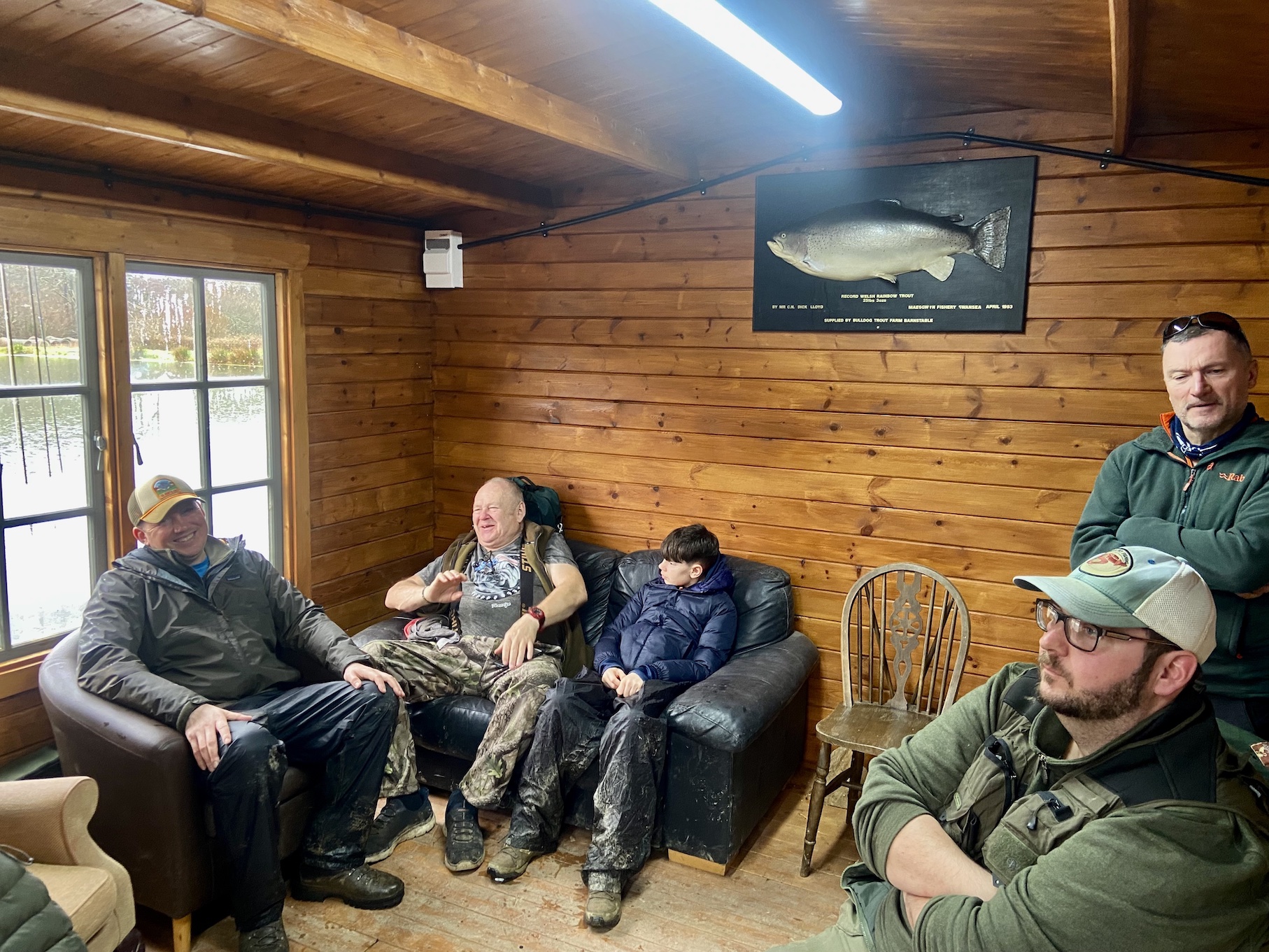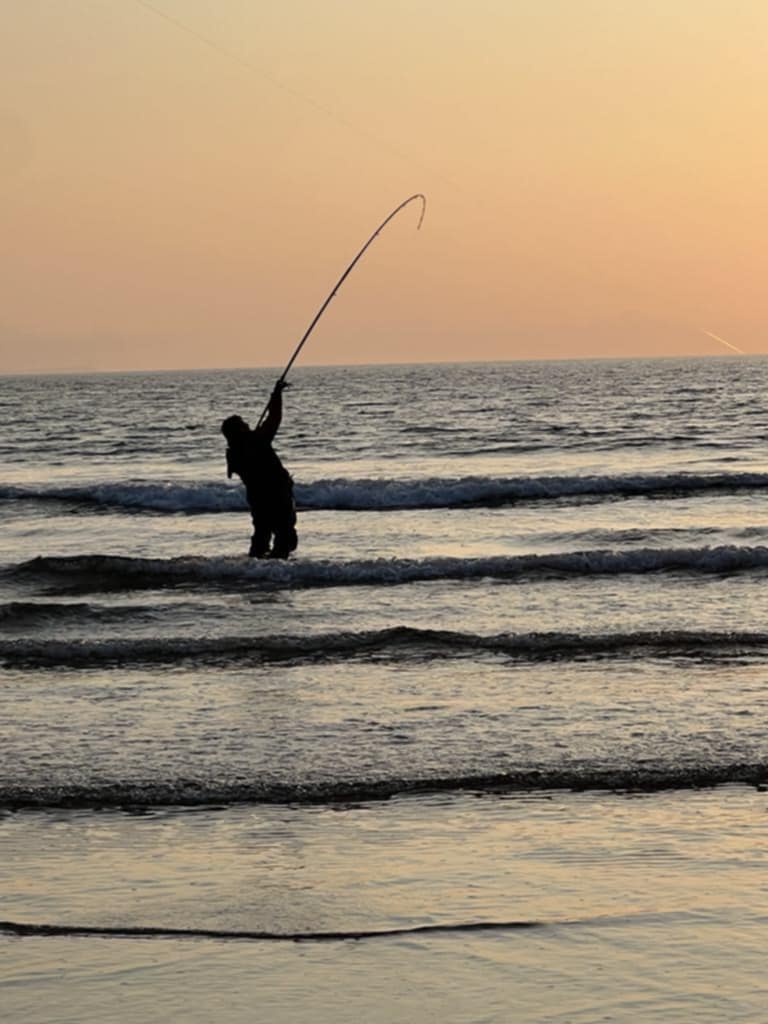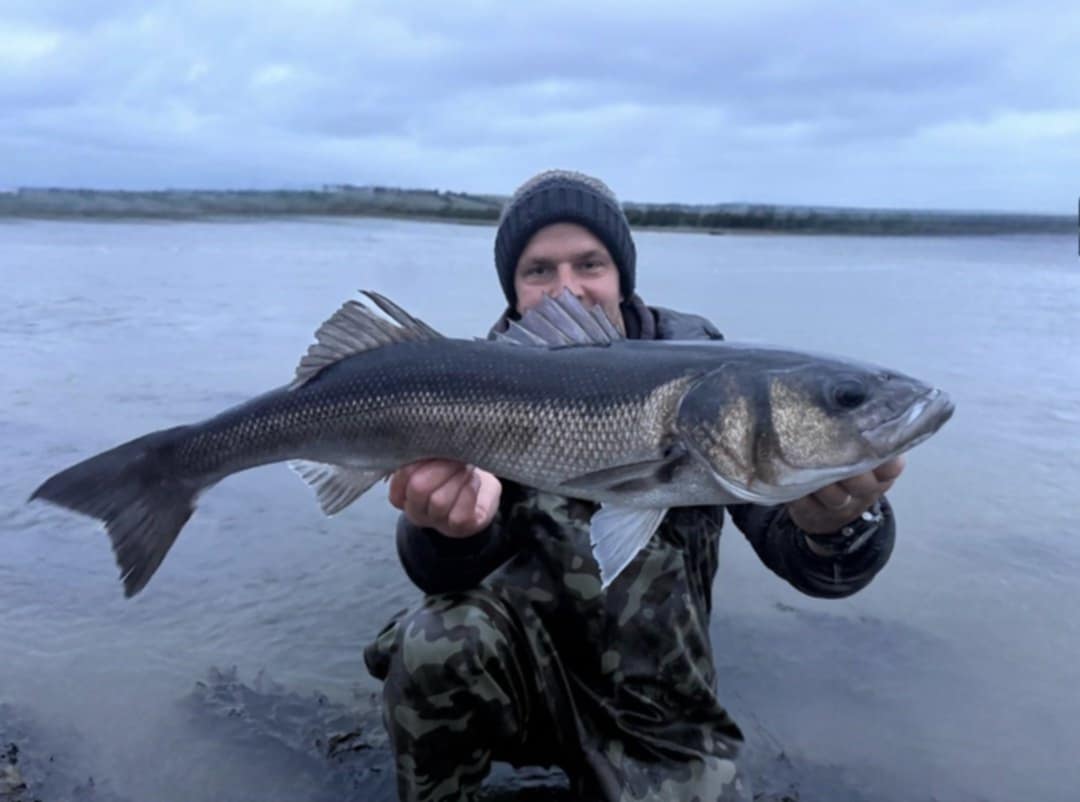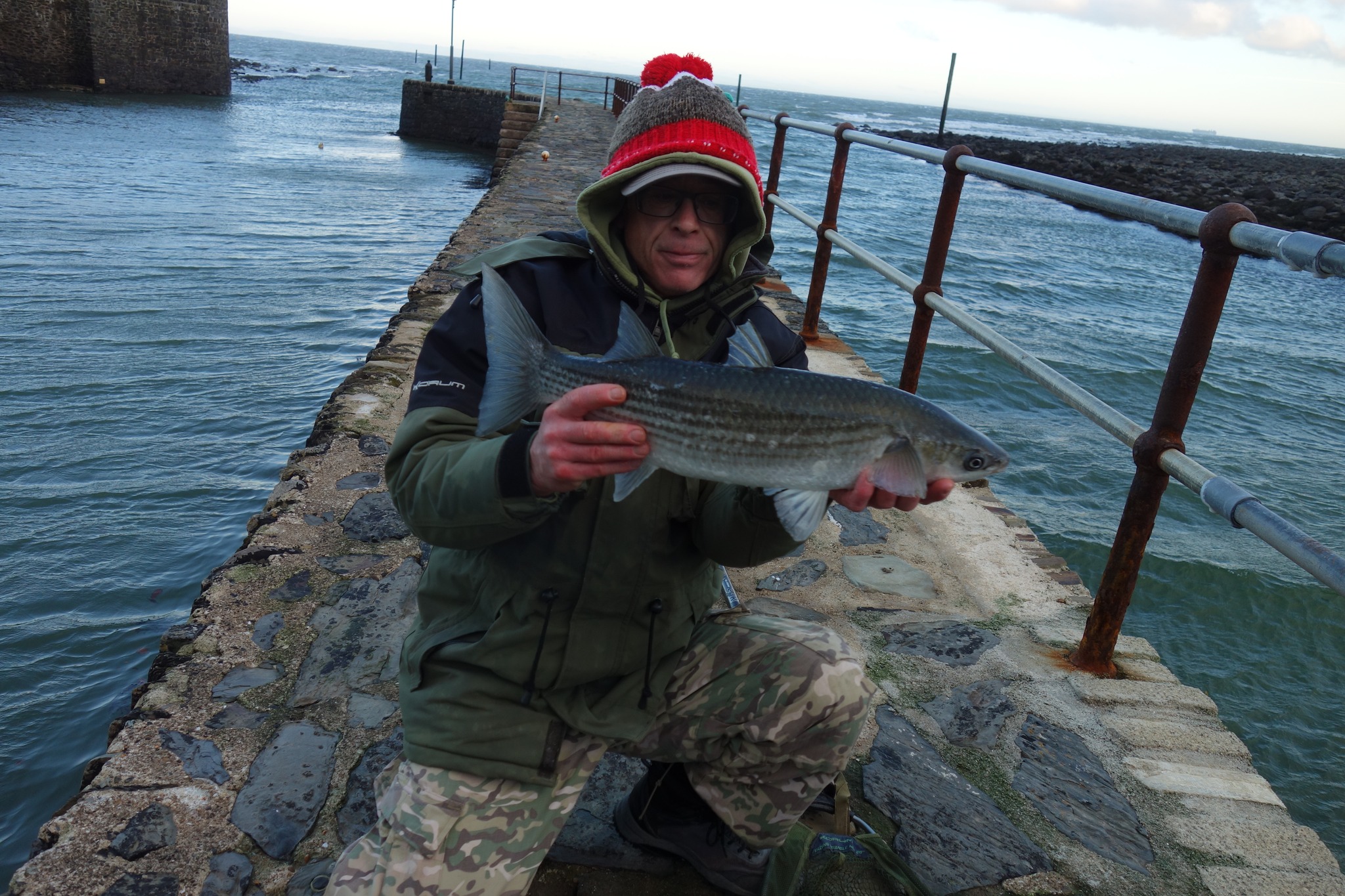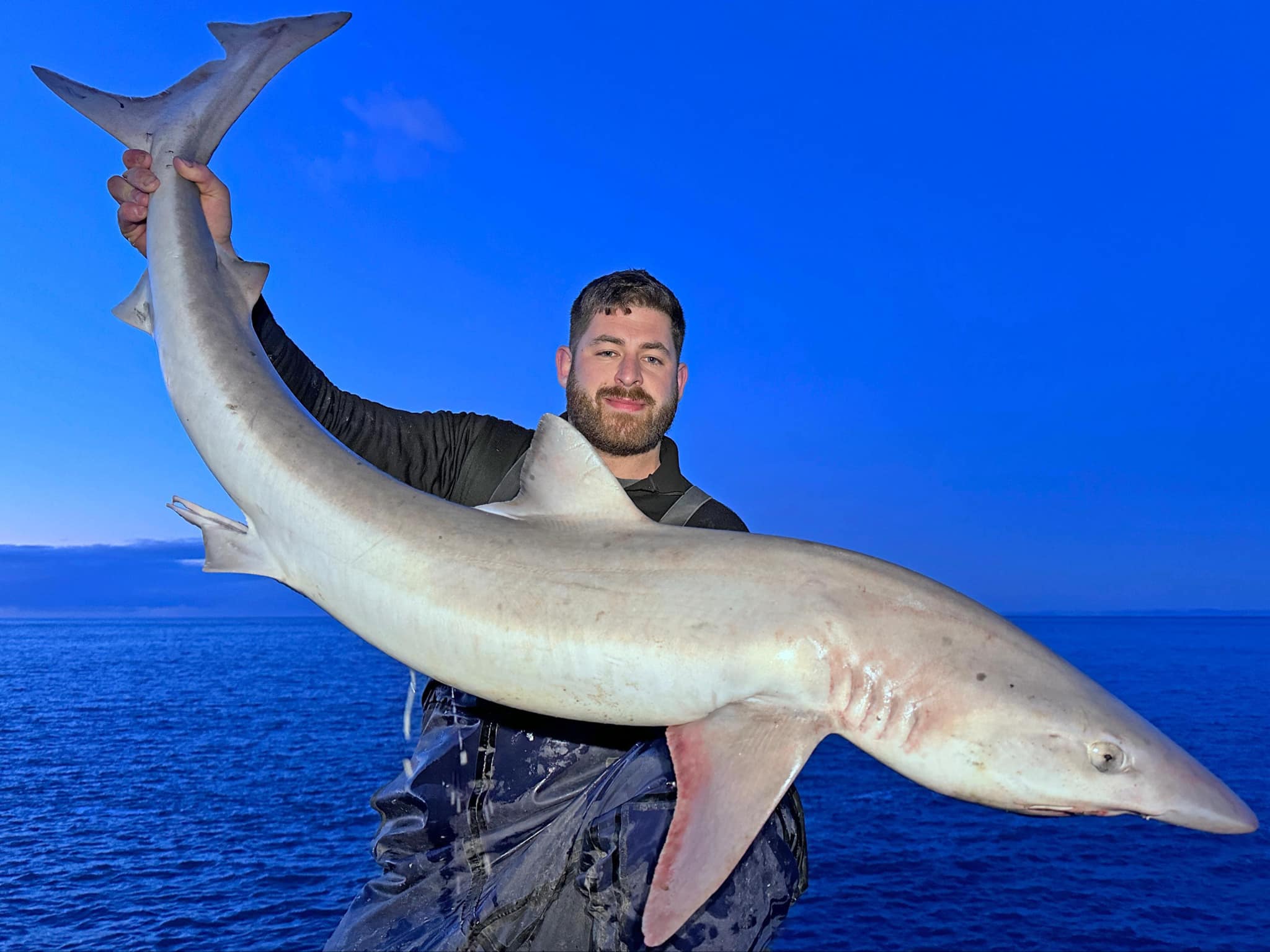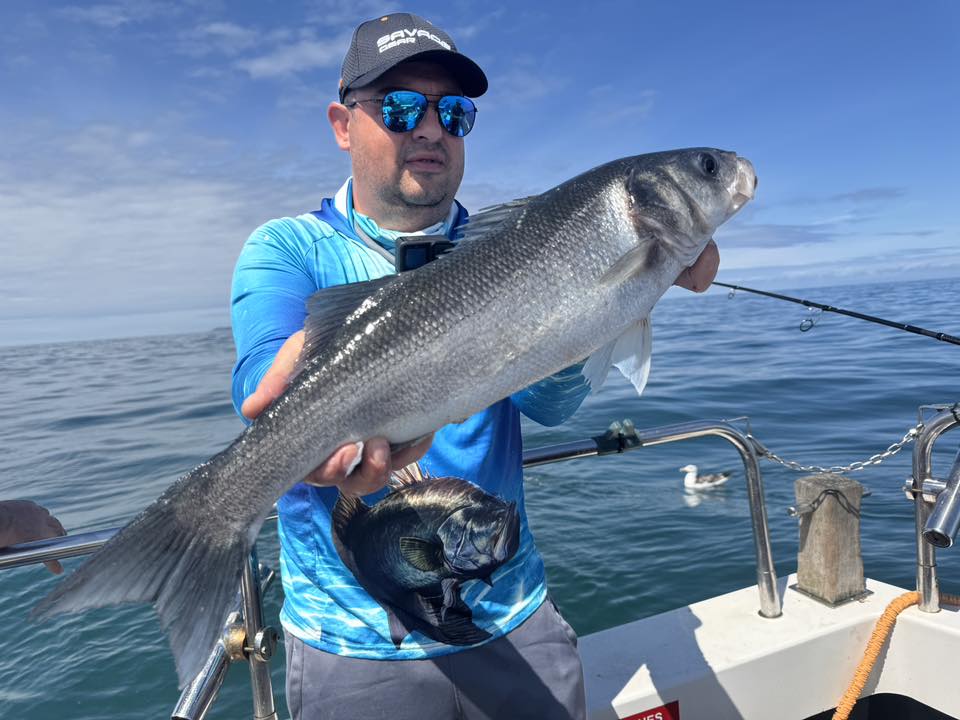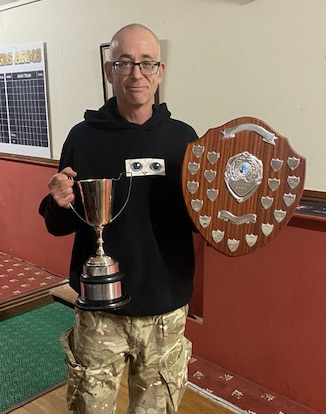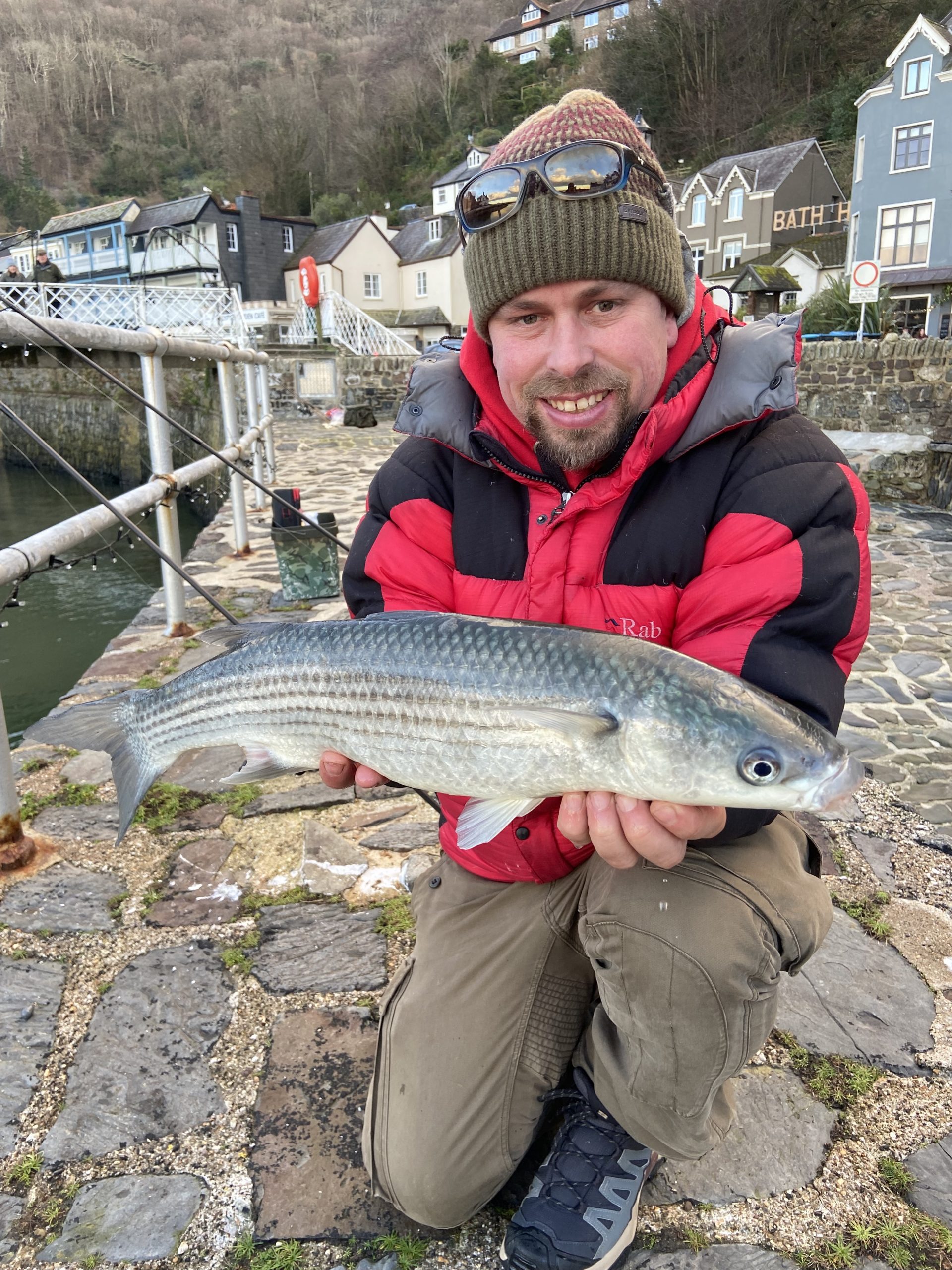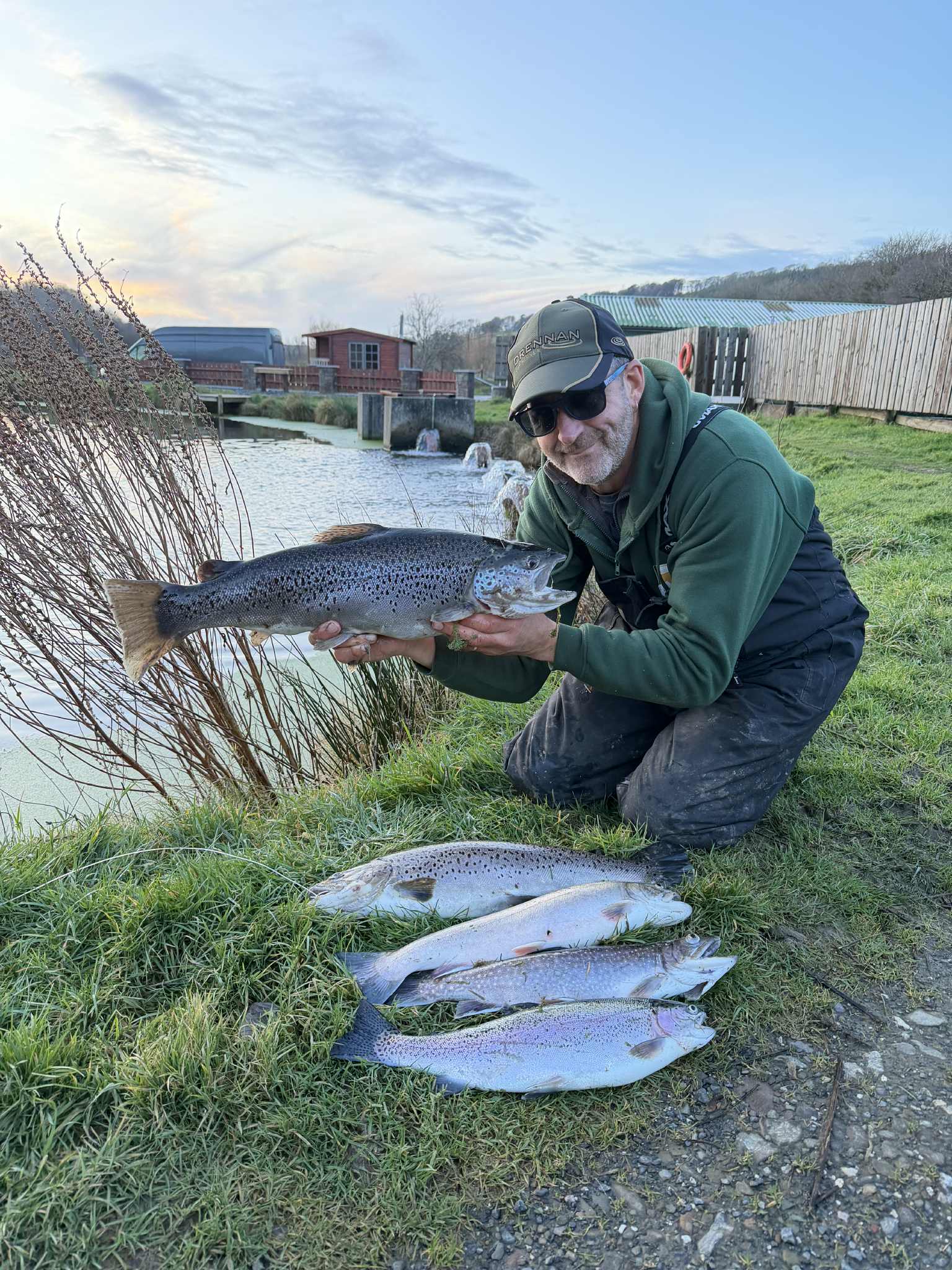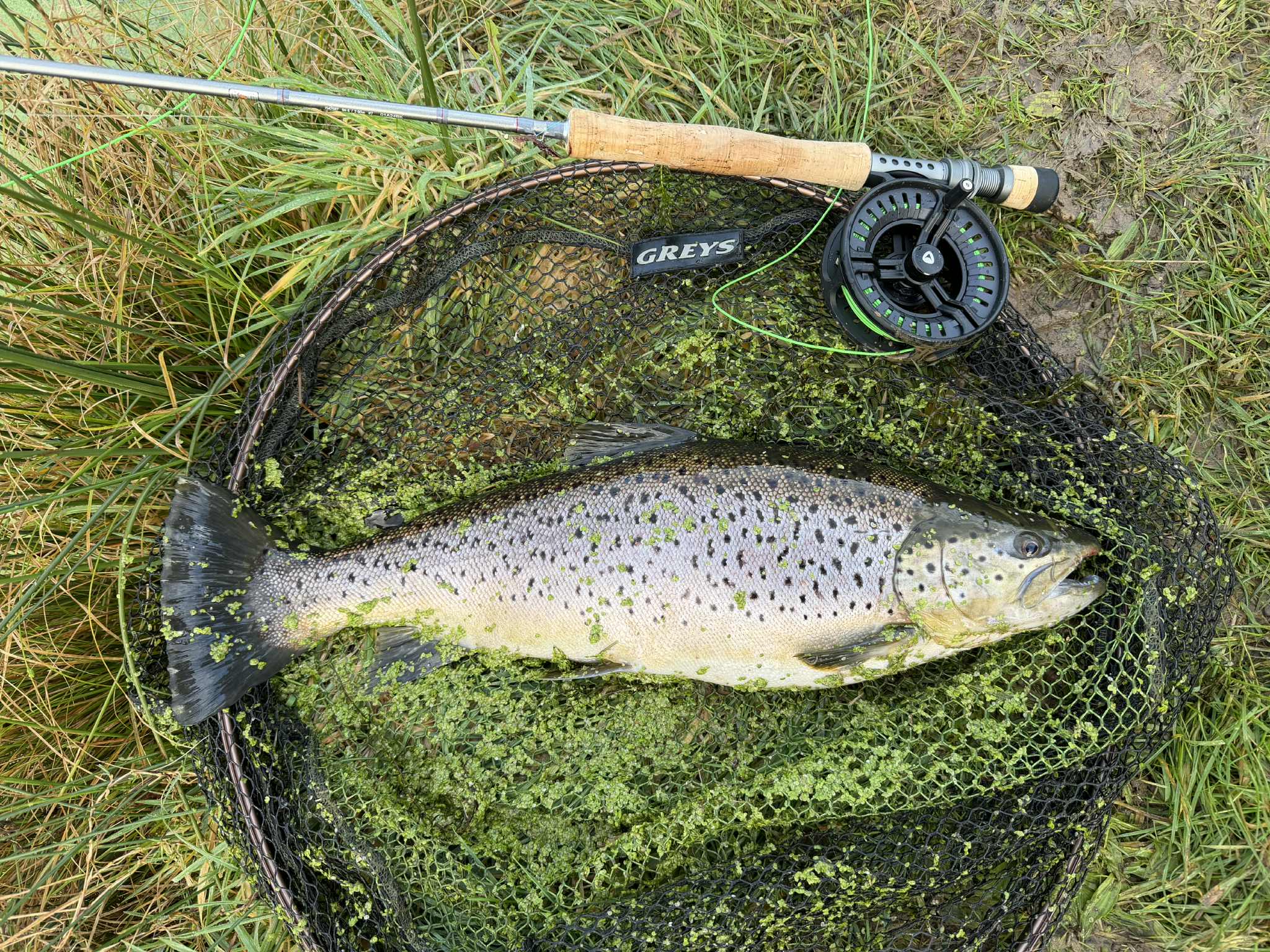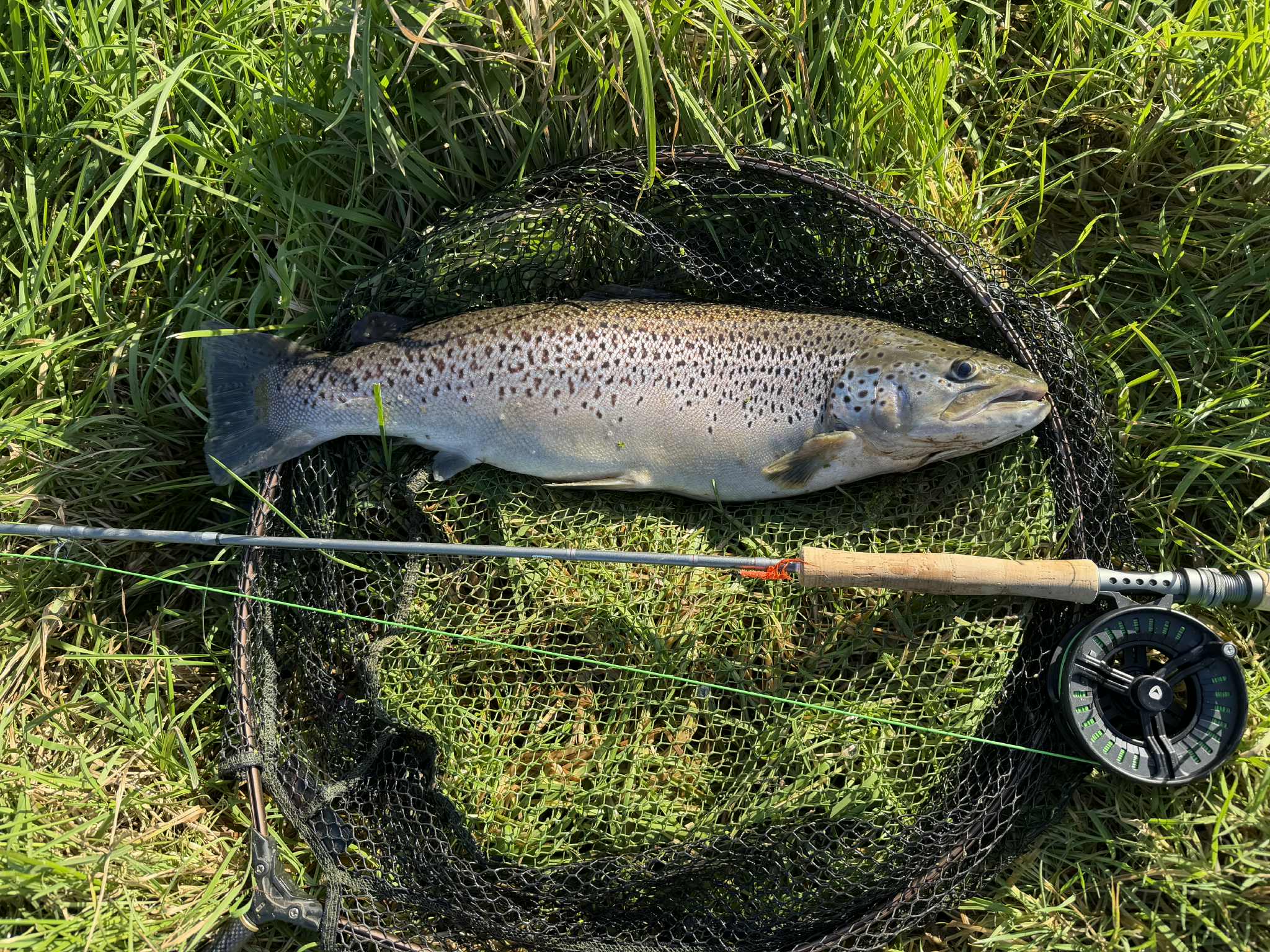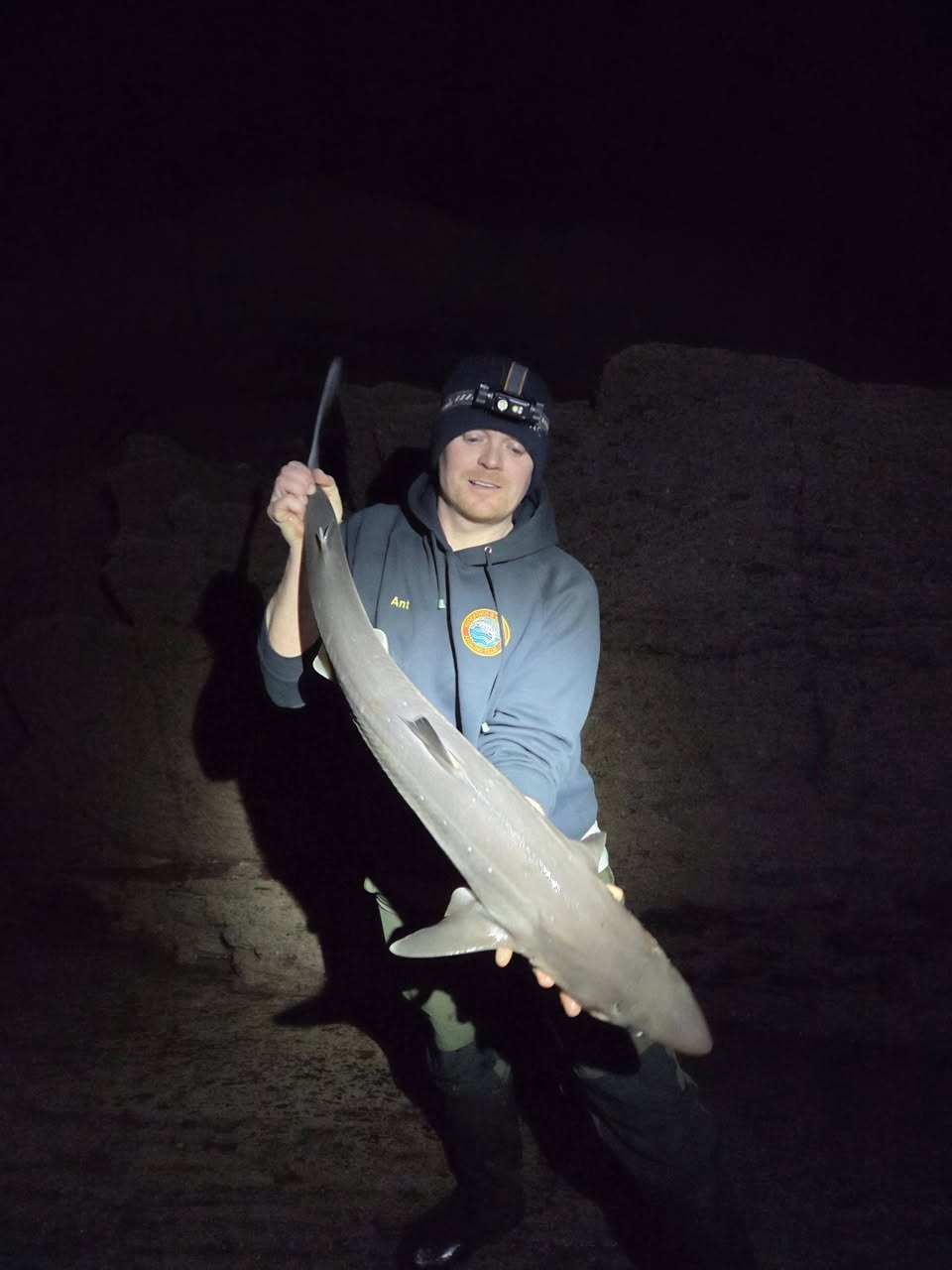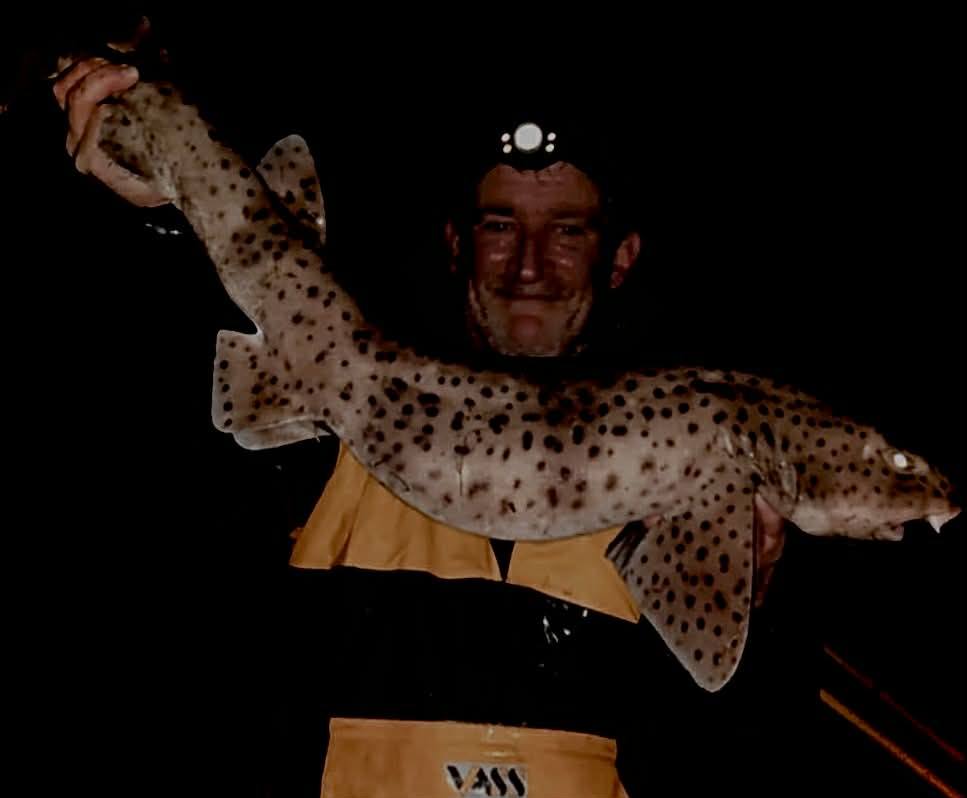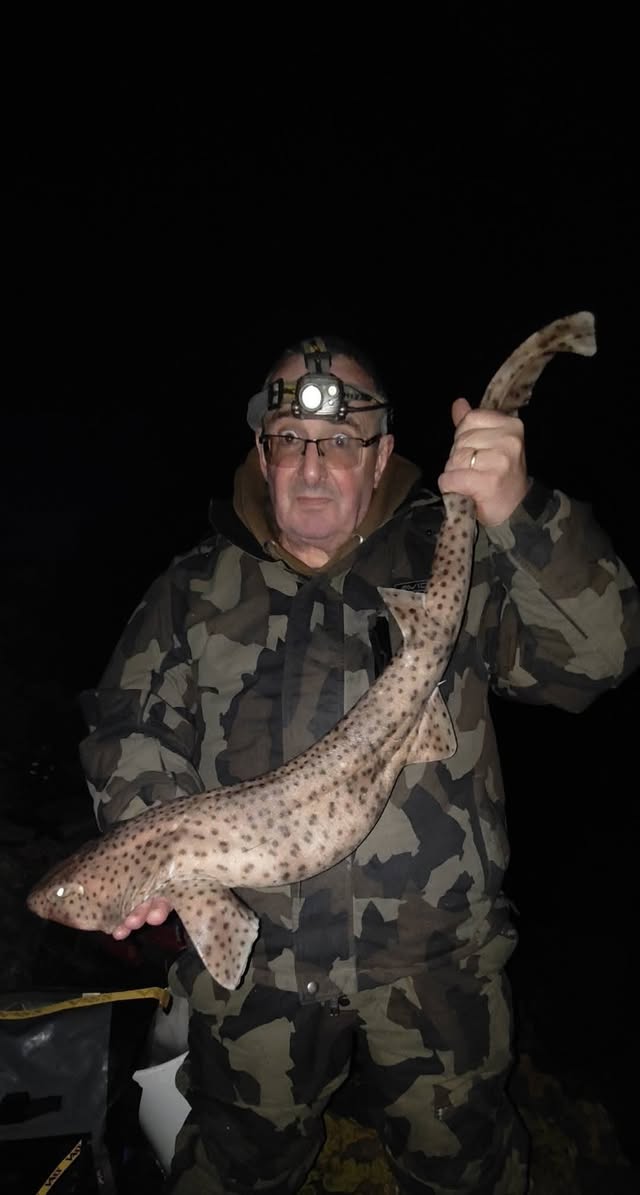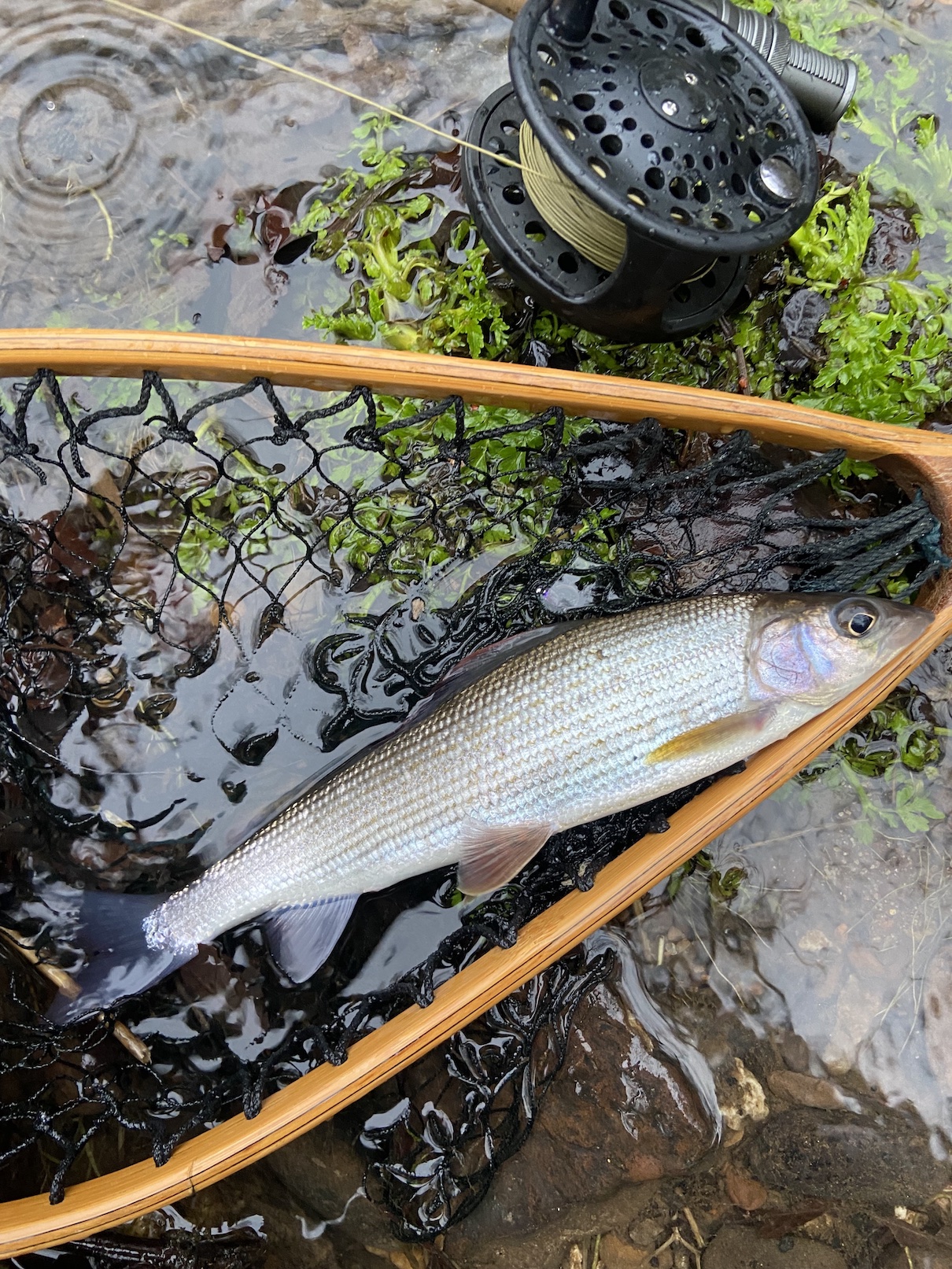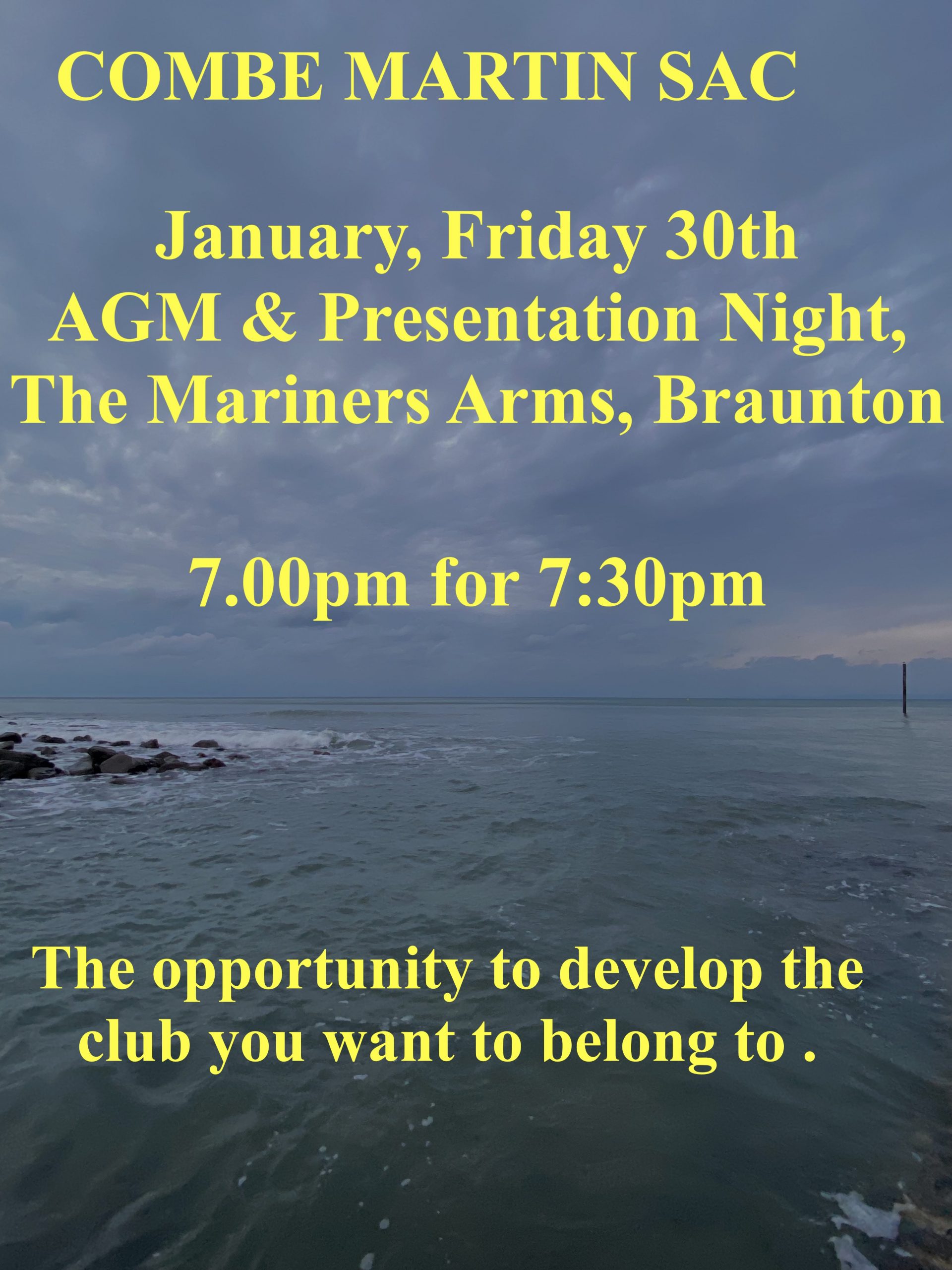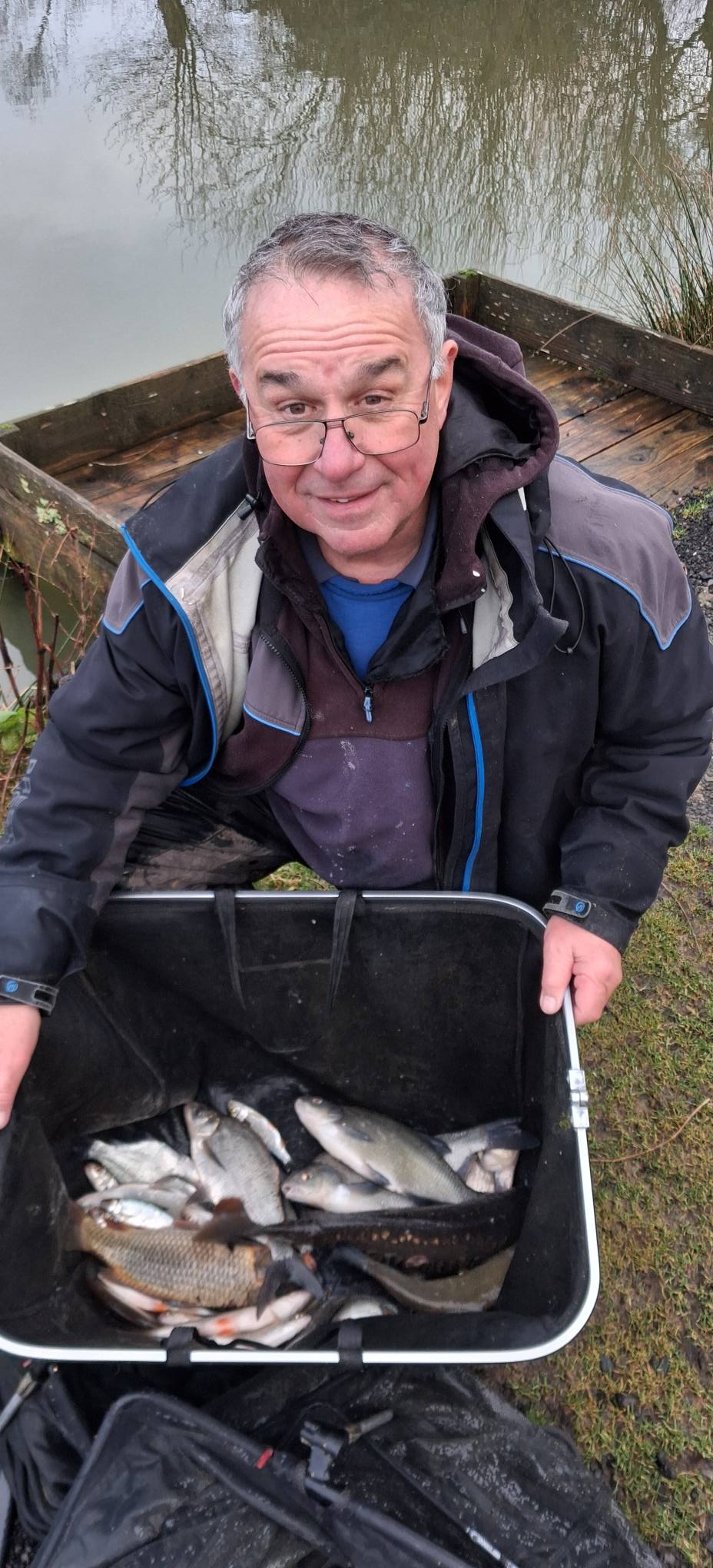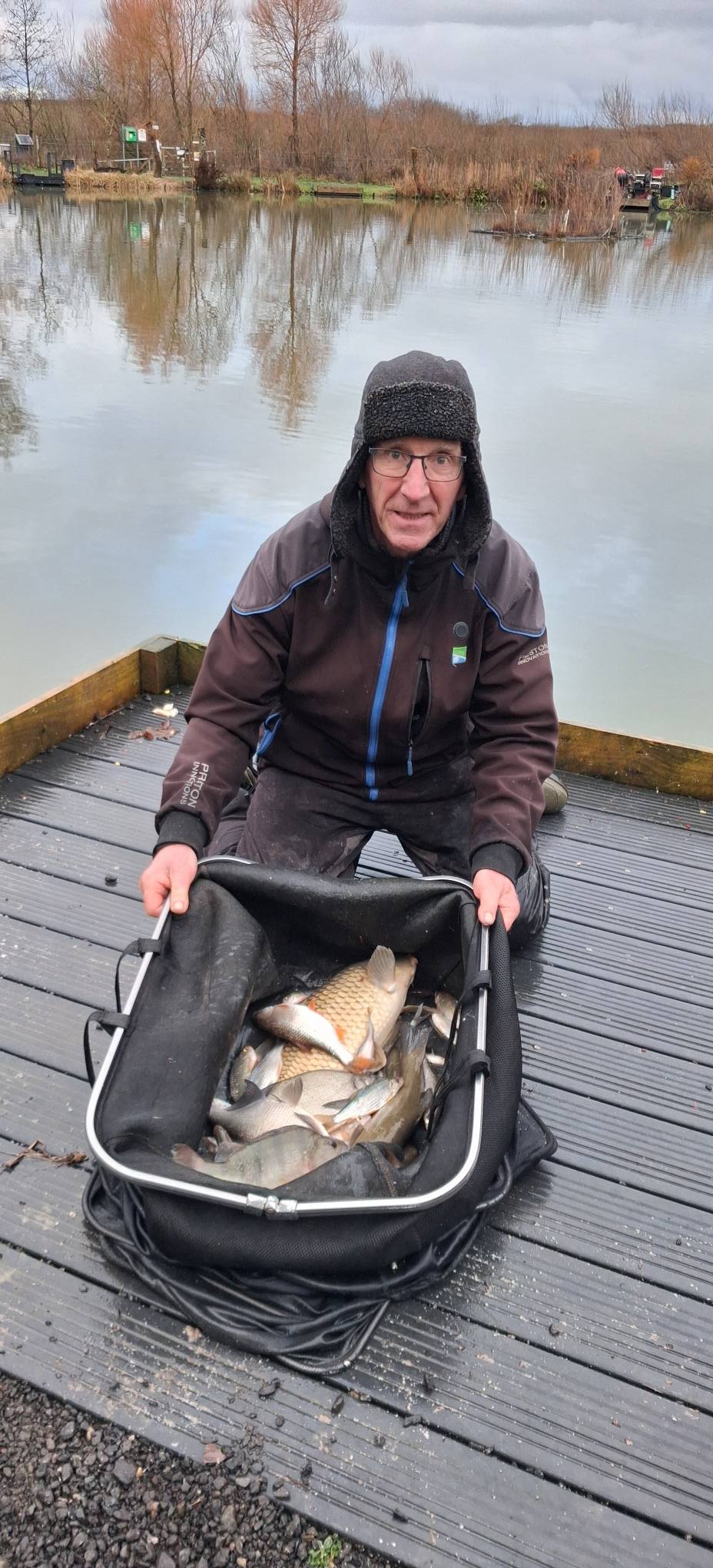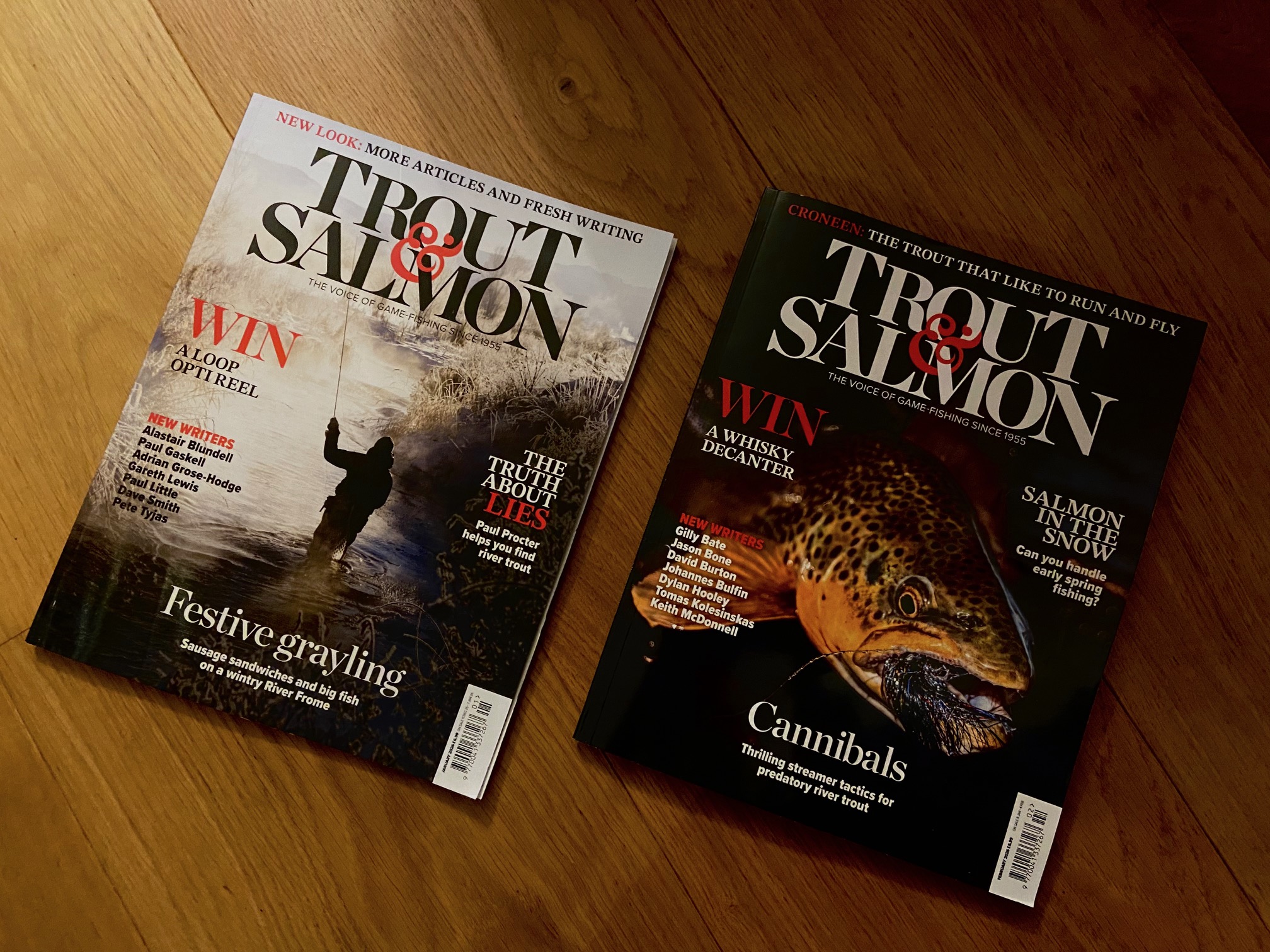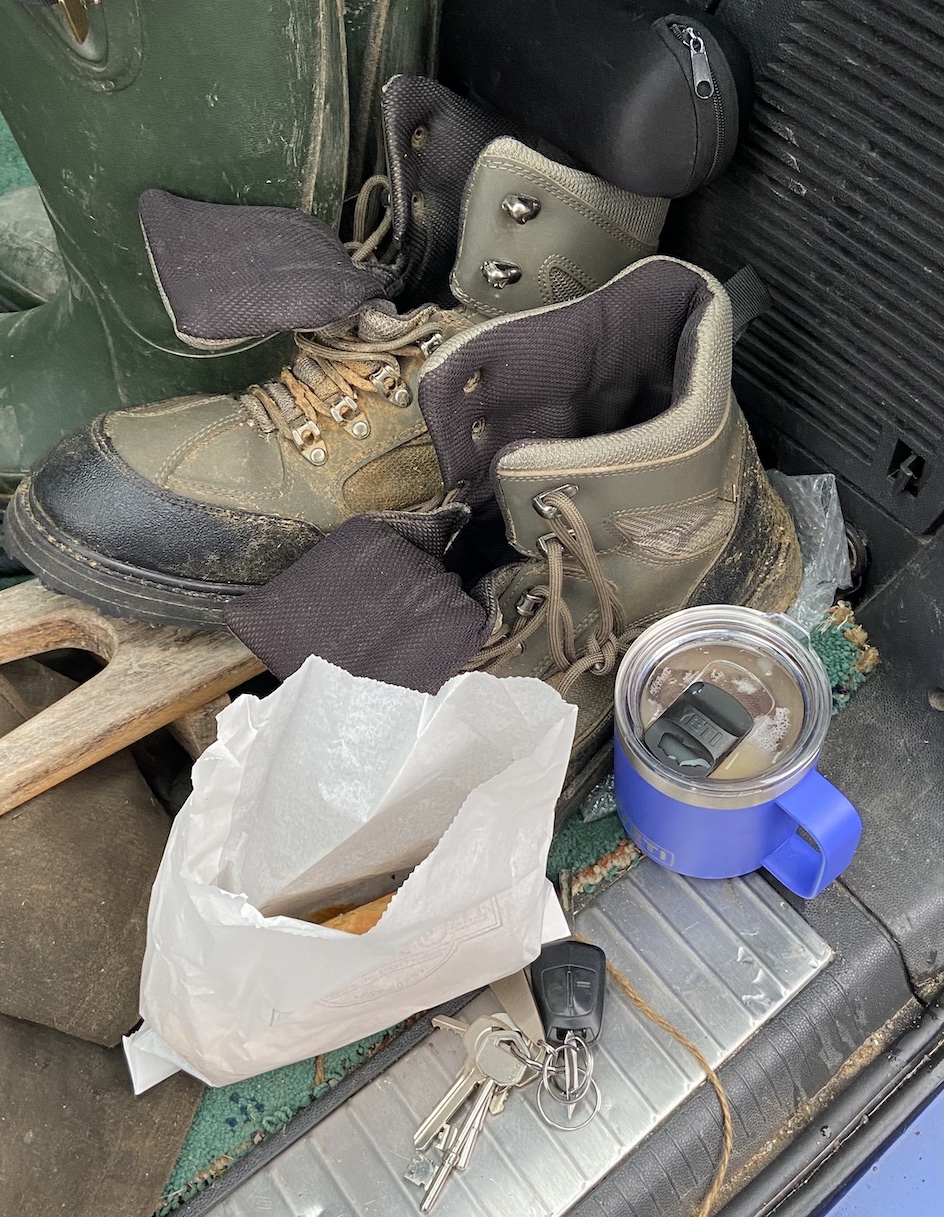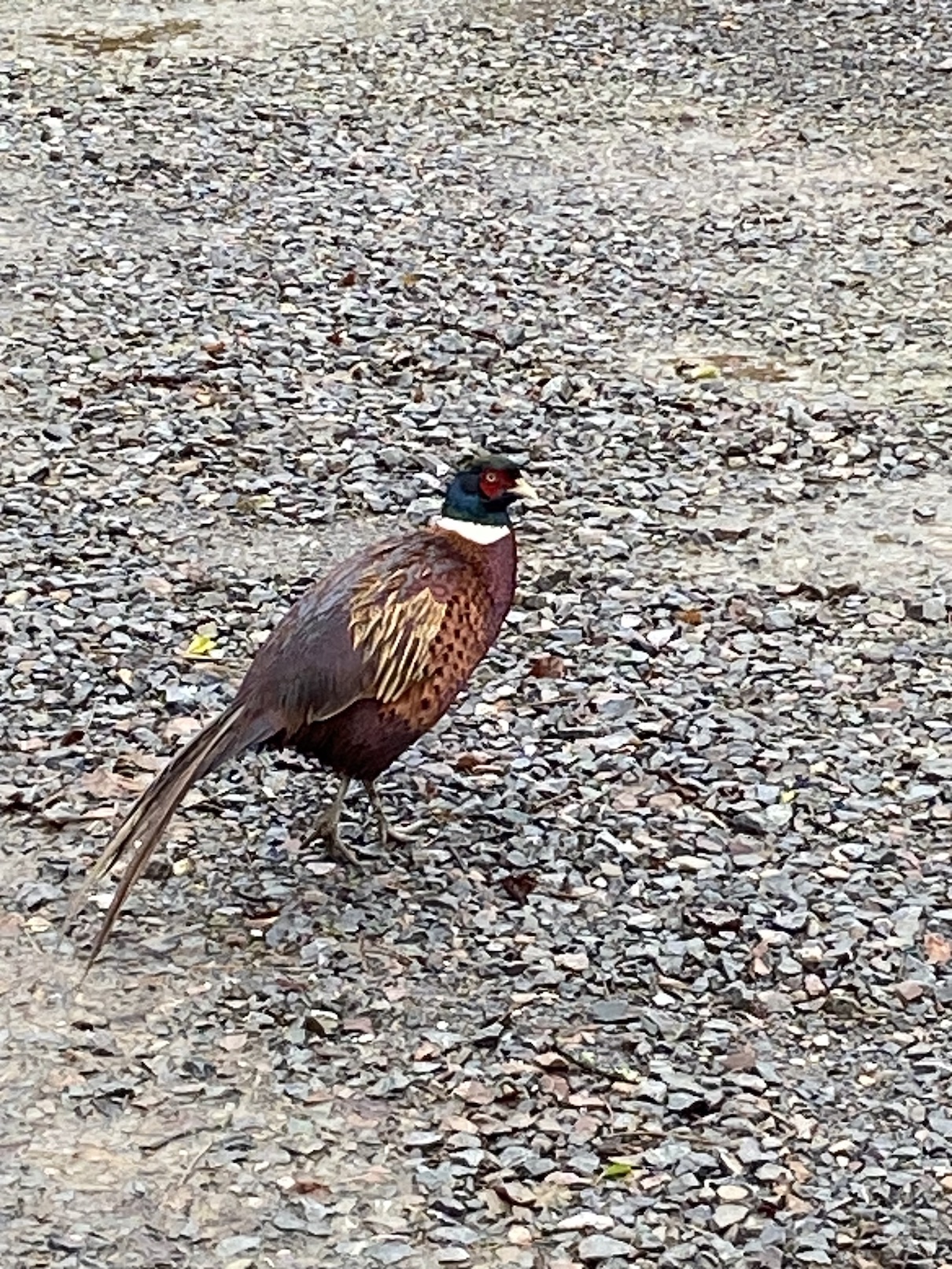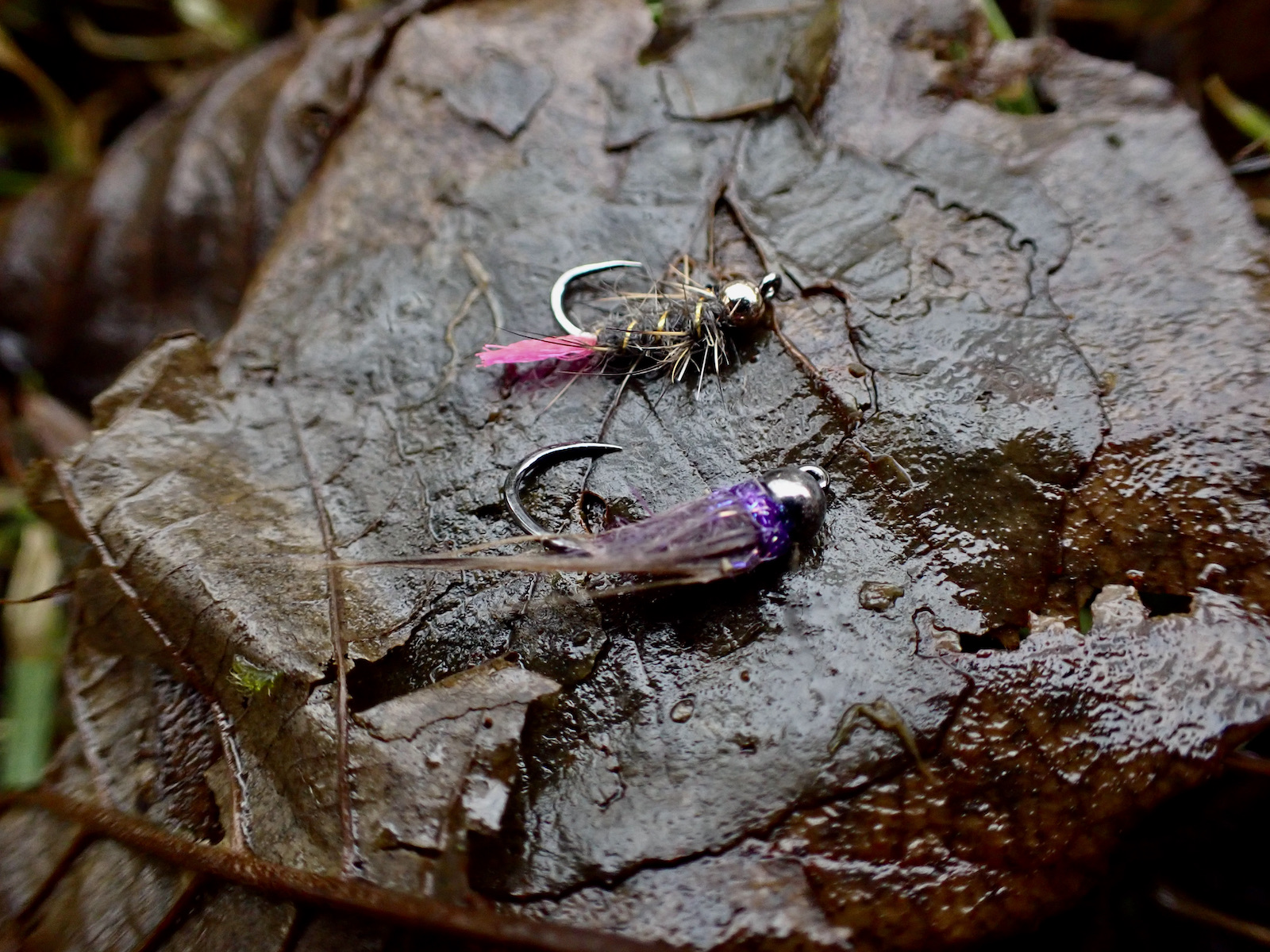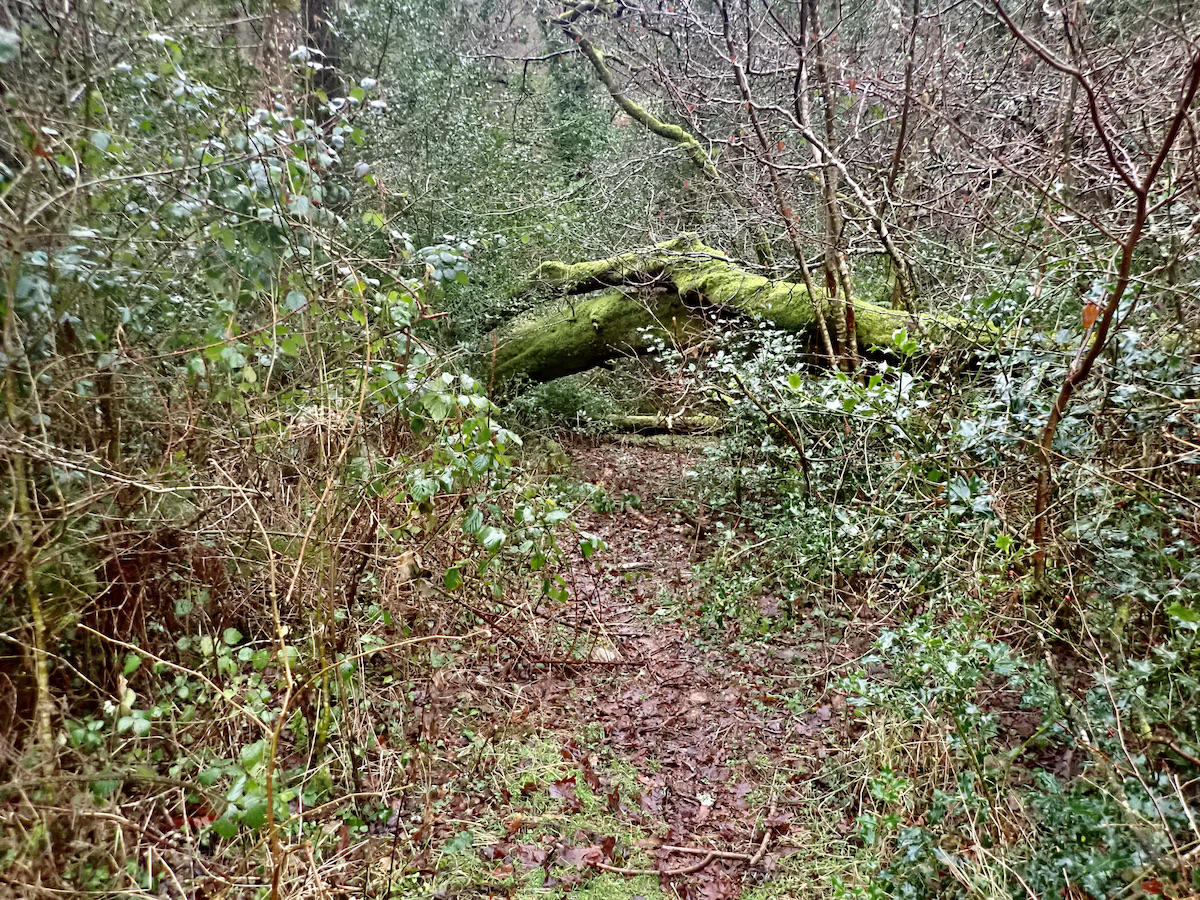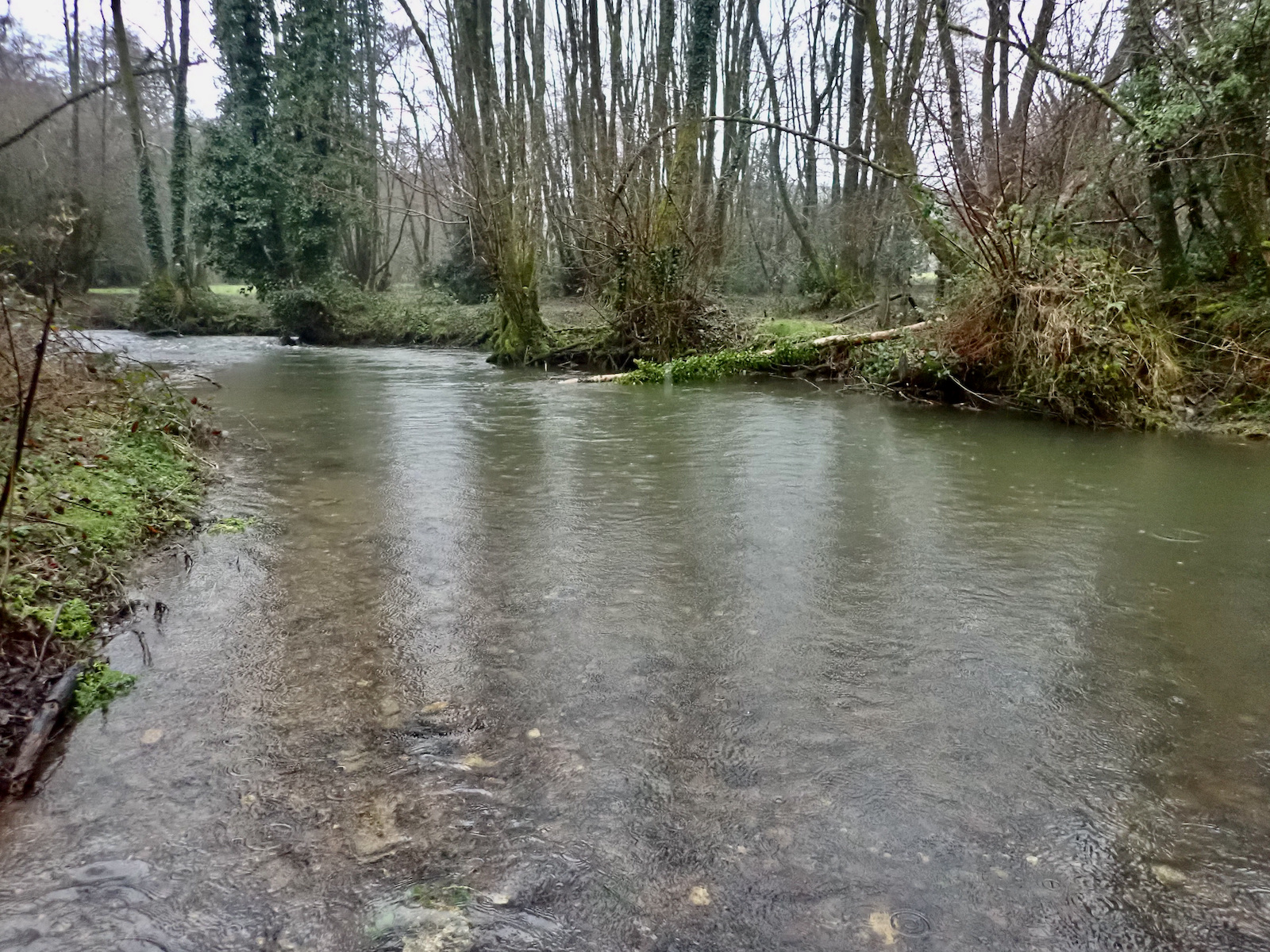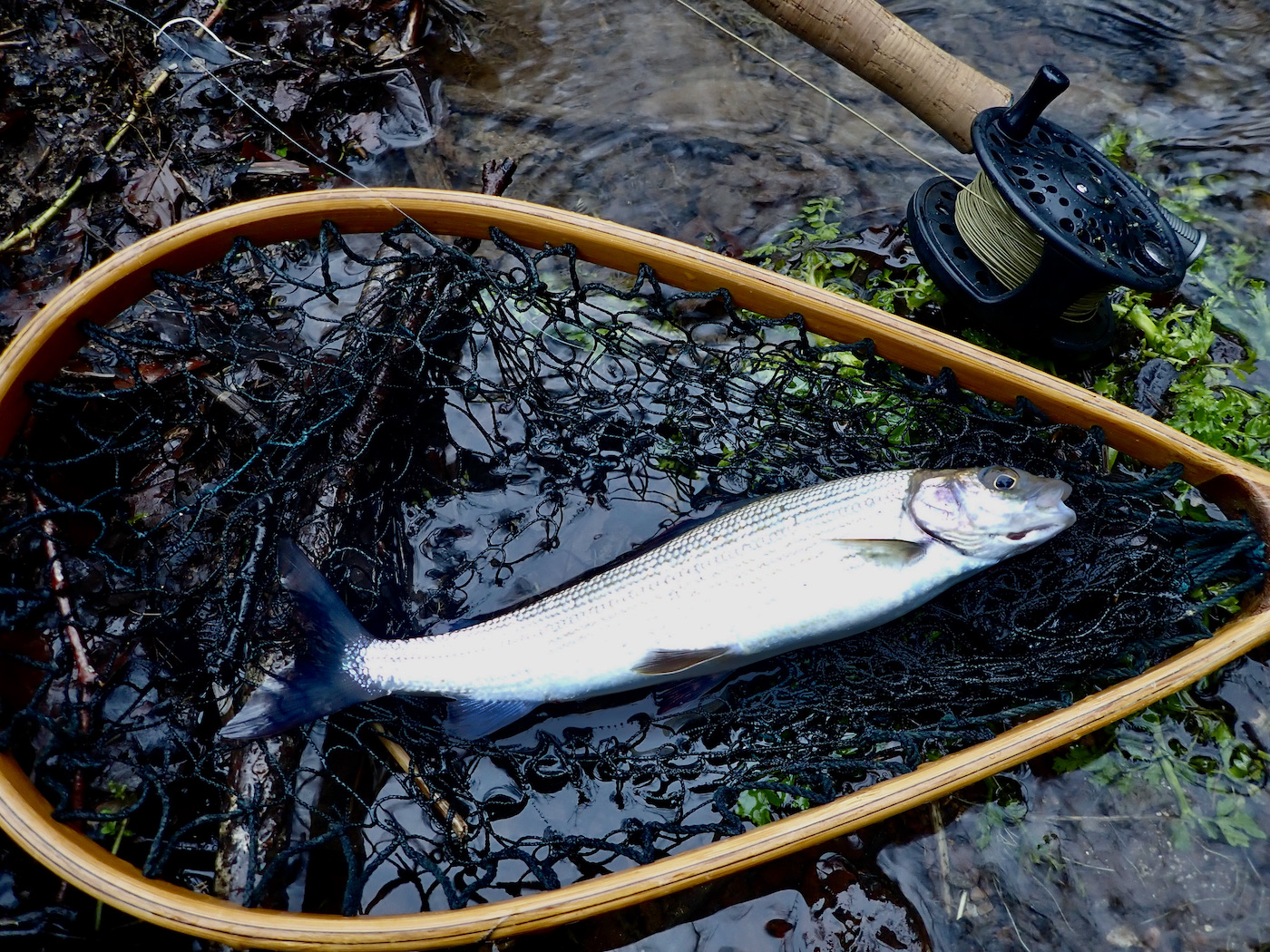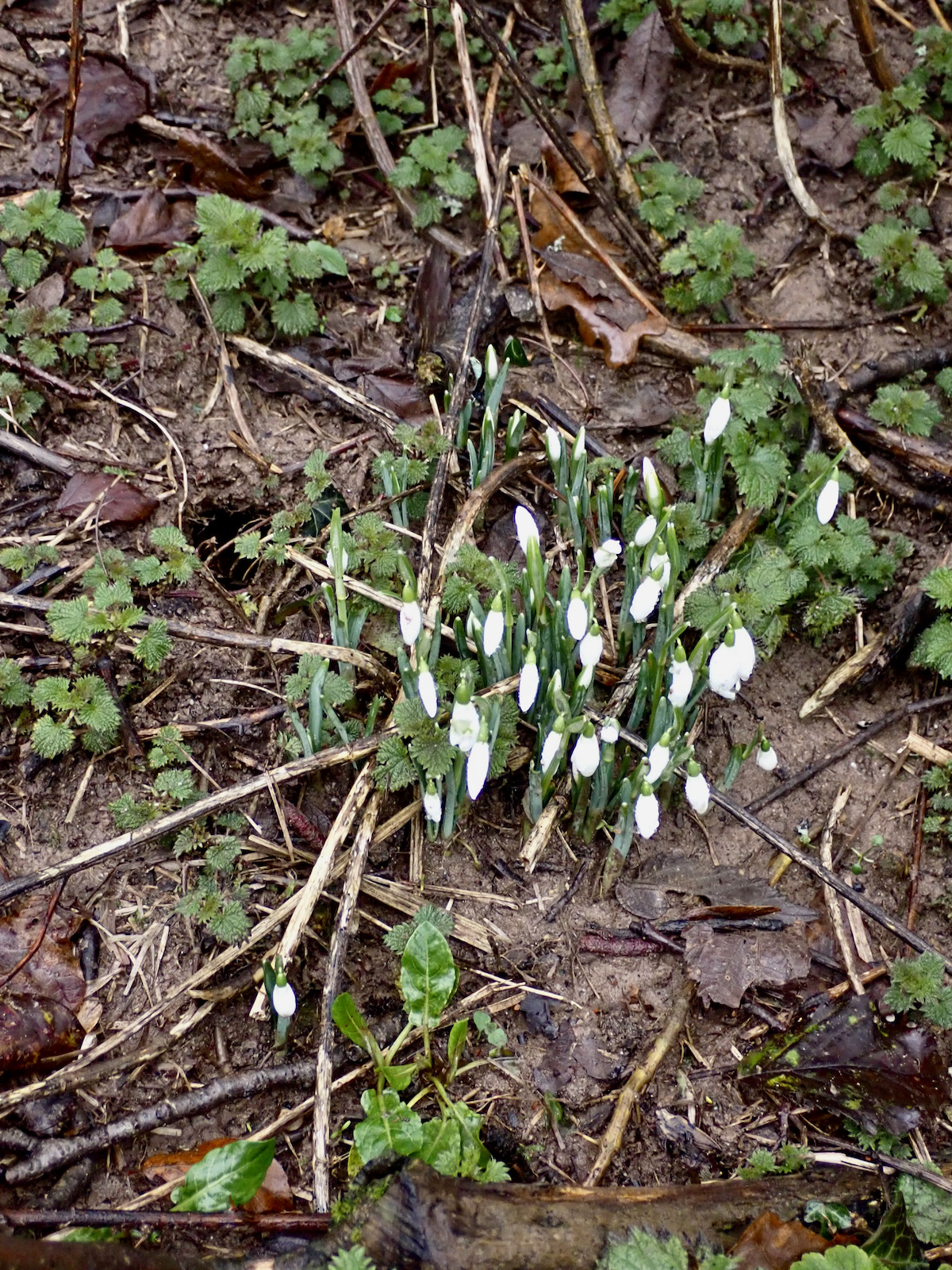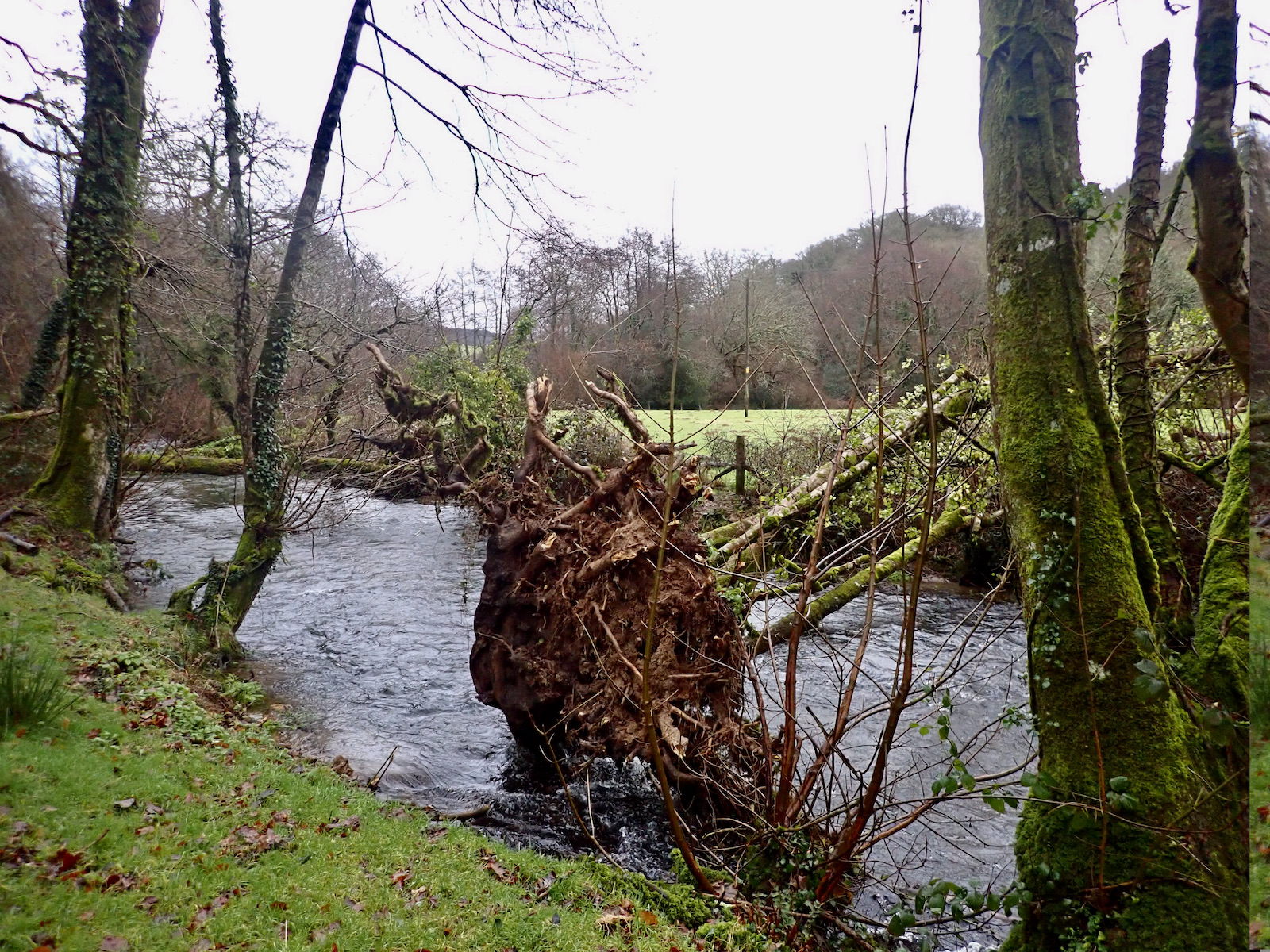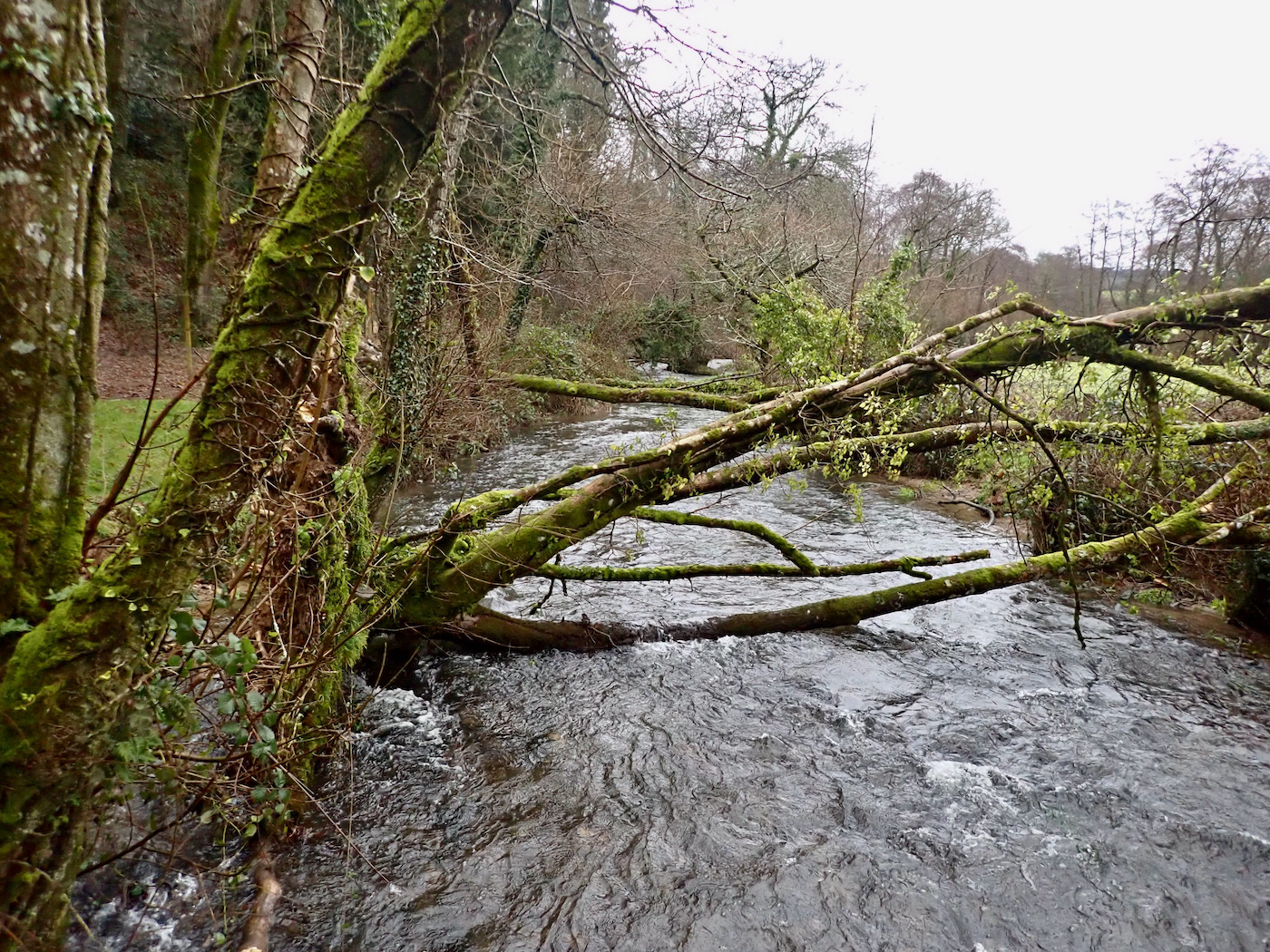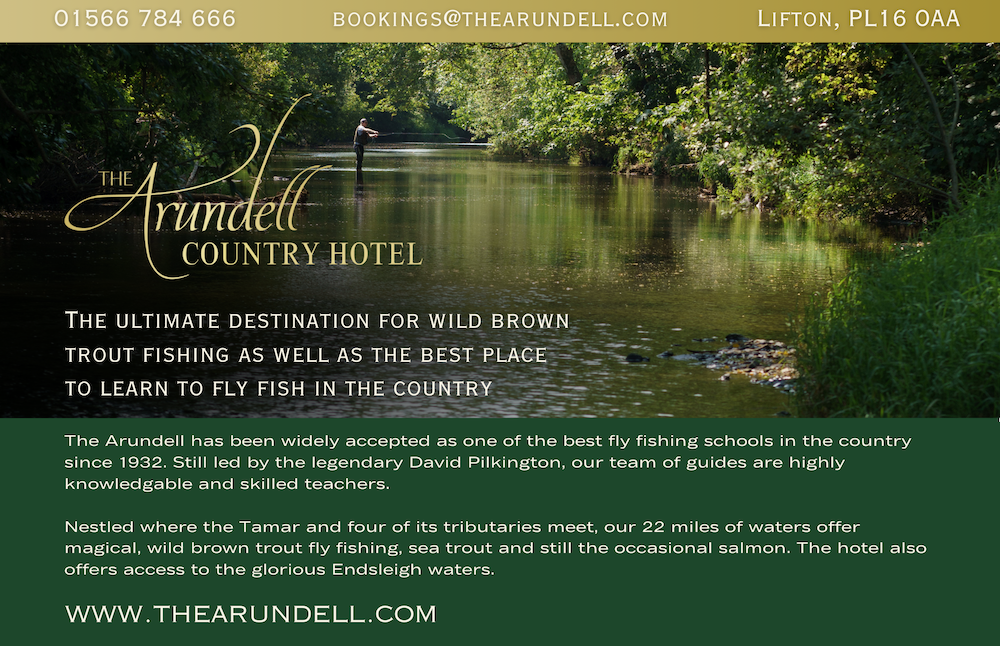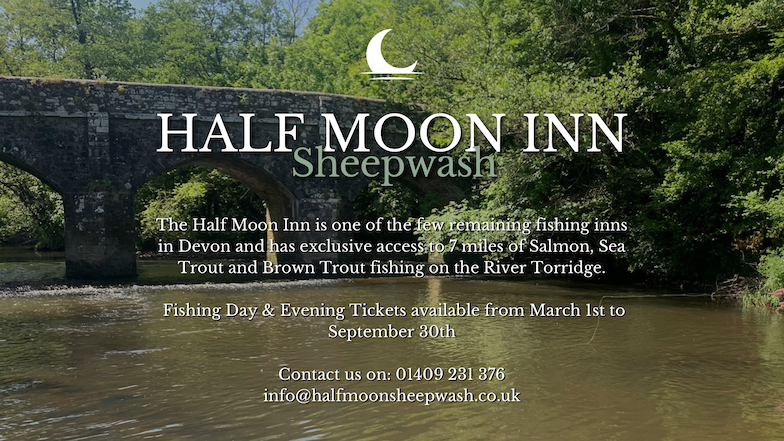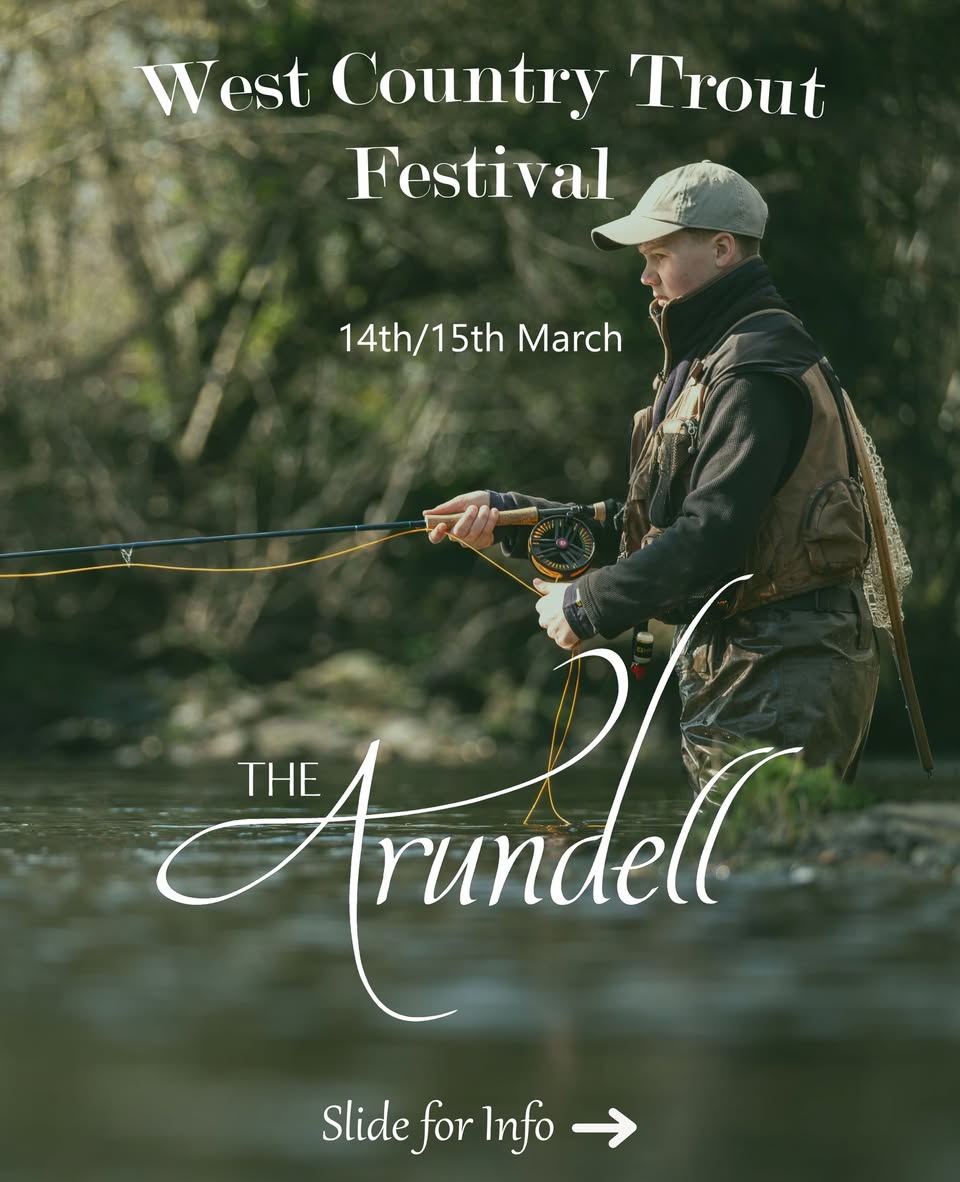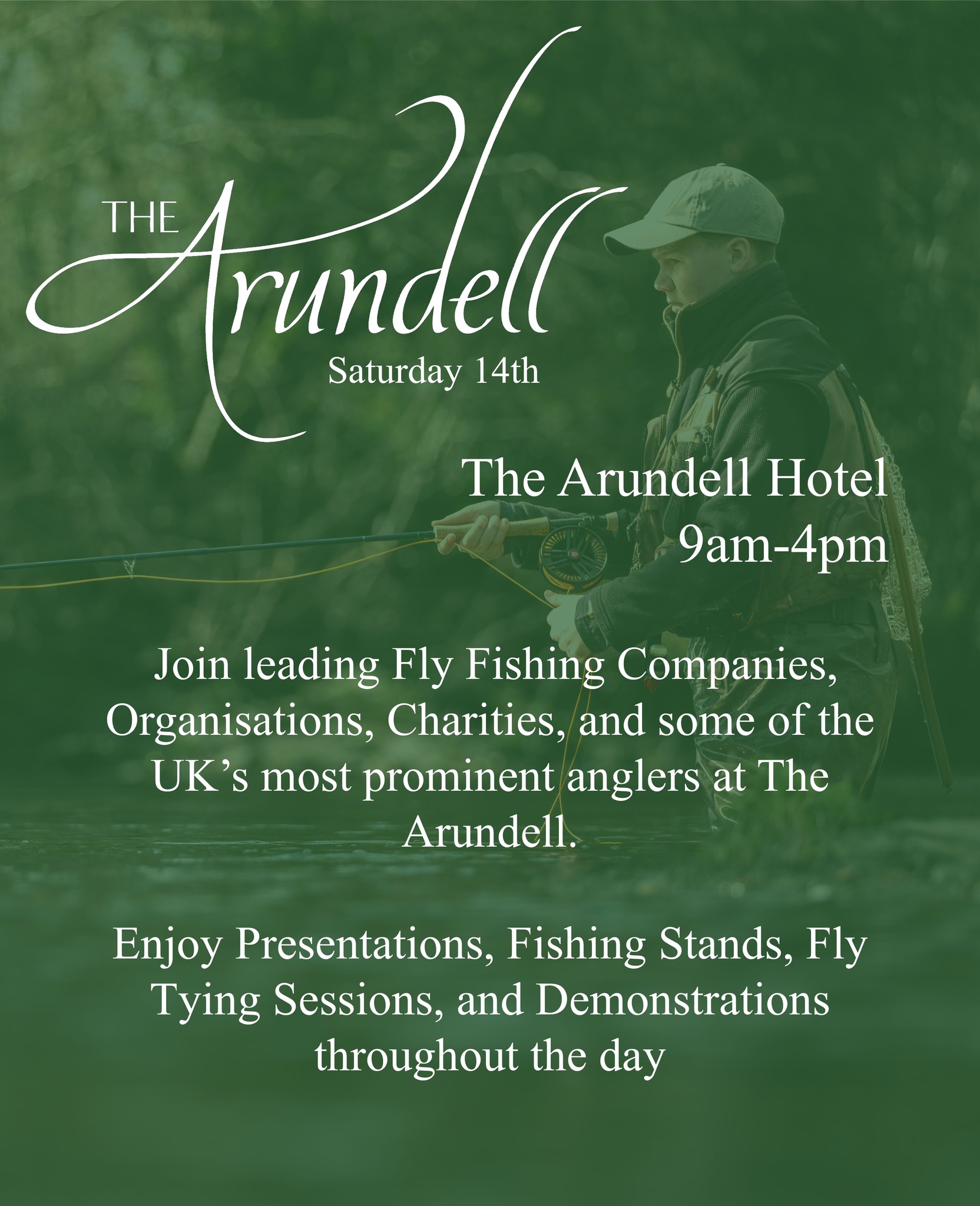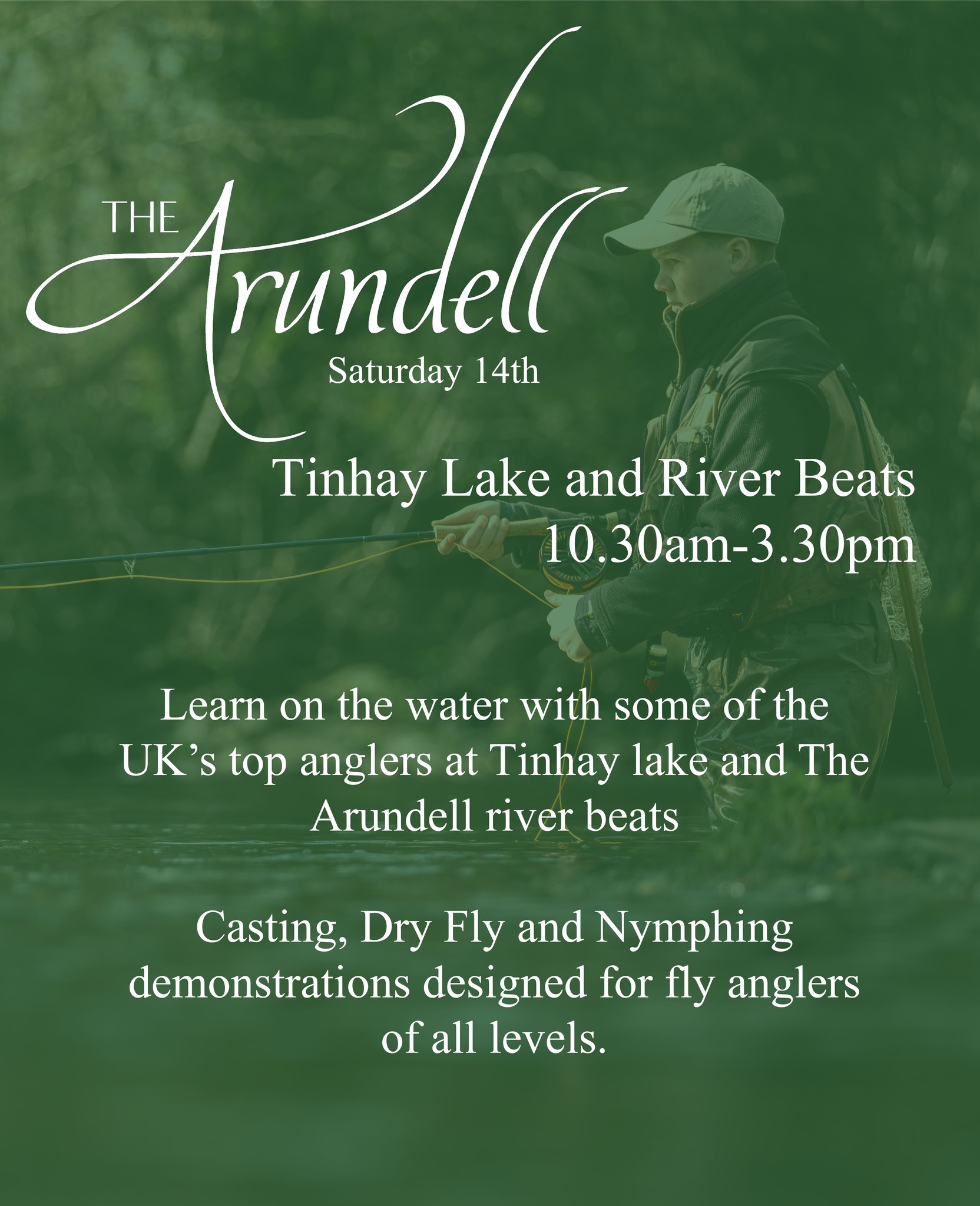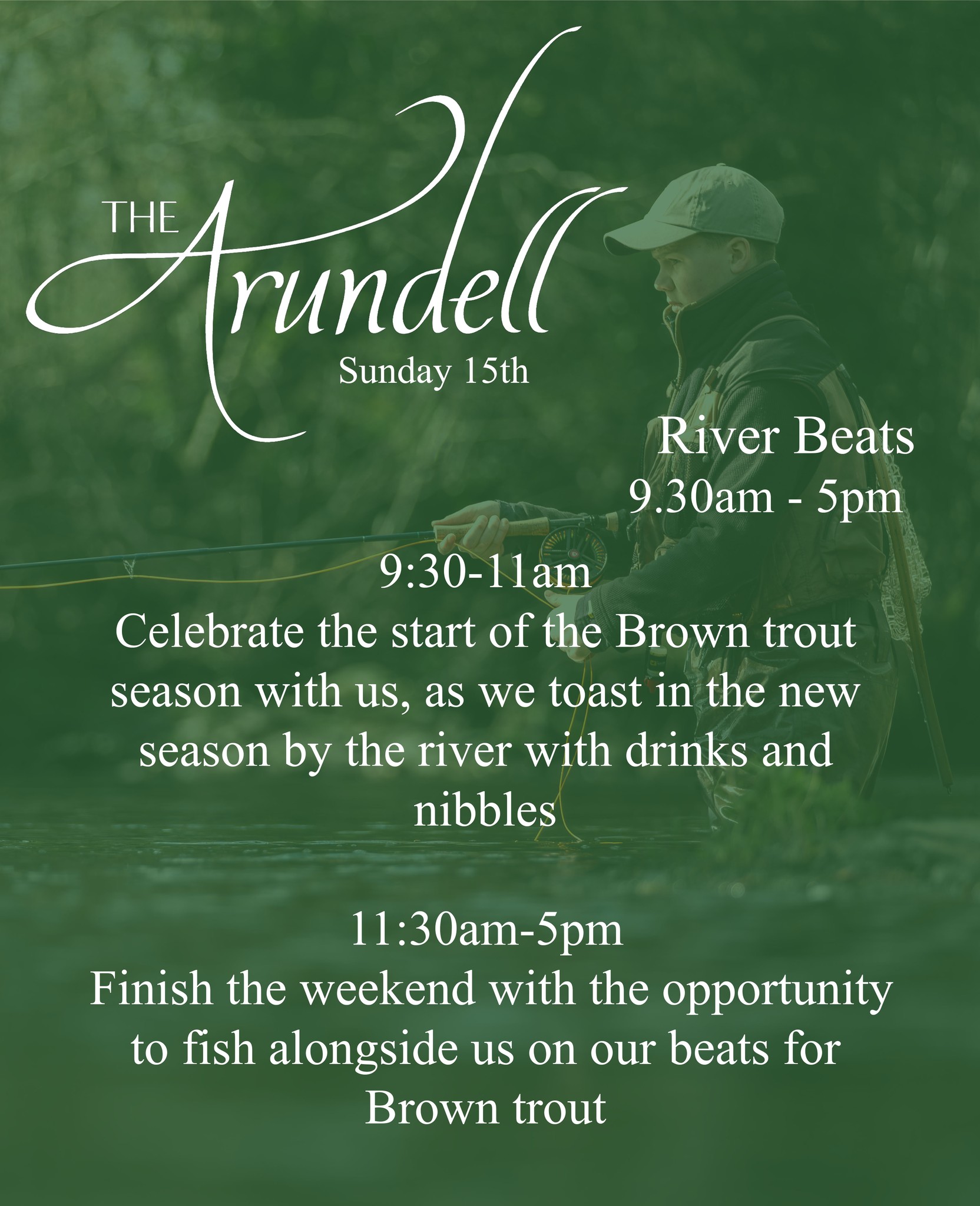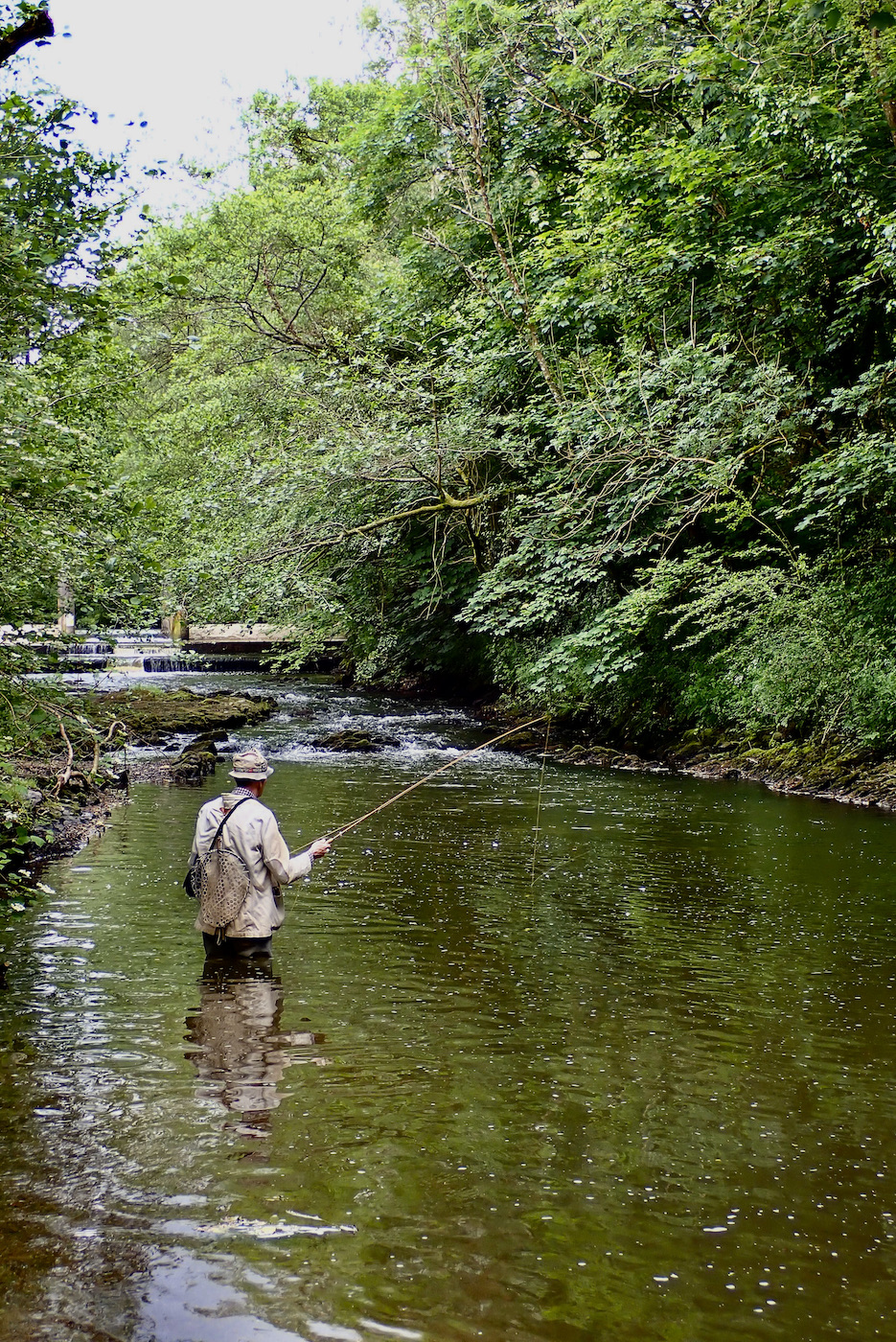ANGLING REPORT

BIG BROWN TROUT AT BULLDOG
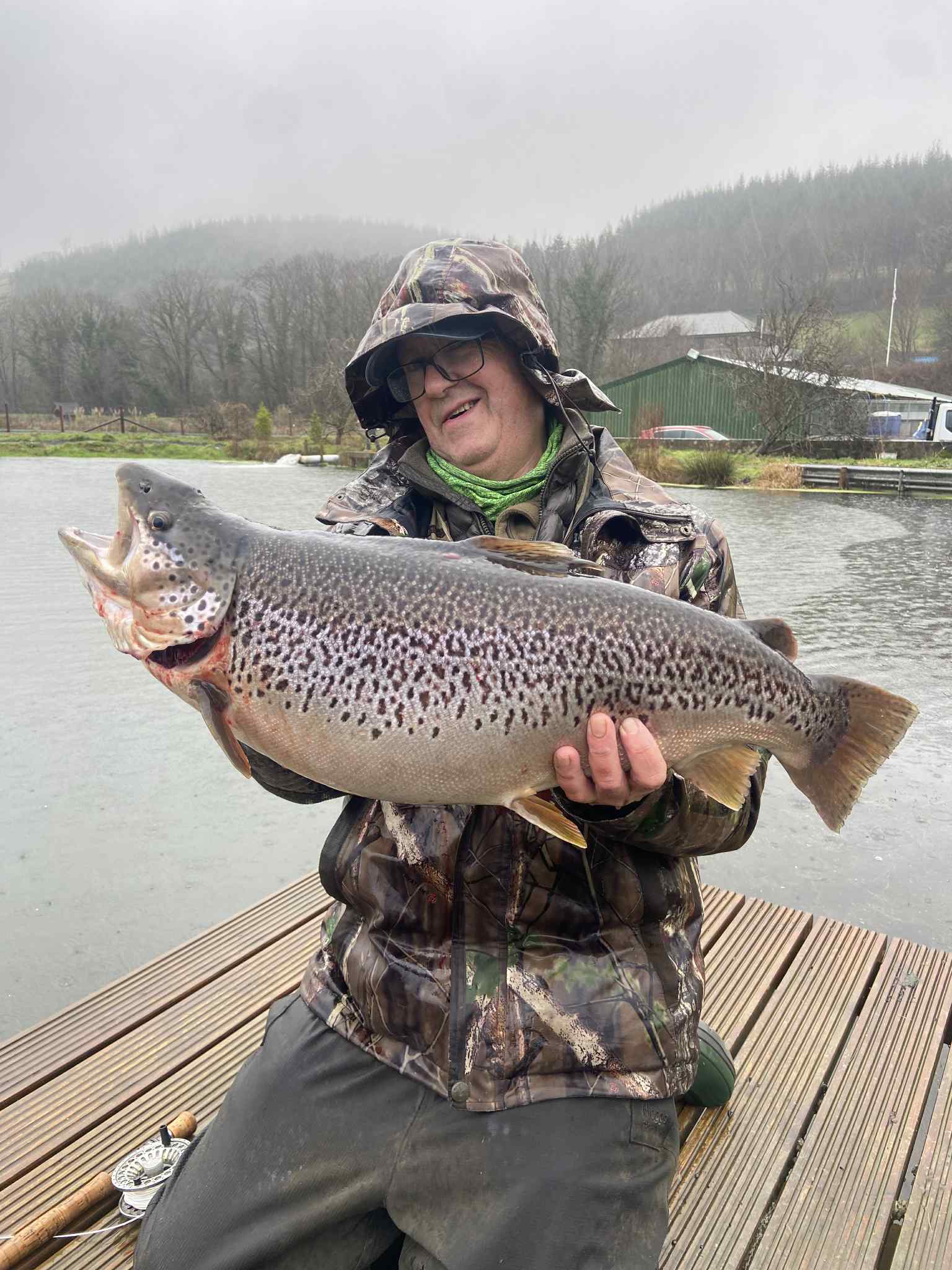
Big brown trout were the highlight of Bulldog Fisheries February Trout Open Competition with three double figure brown trout gracing the scales at the days end. The top angler was Andy Facey who tempted a fine brace of brown trout weighing 10lb 12oz and 9lb 2oz which when added the other three fish he caught gave him a winning weight of 29lb 4oz. Runner up was Dave Chapman with five trout for 23lb 10oz a bag that included a fine brown trout of 11lb 1oz. Third was Chris Dunn with six trout for 22lb 13oz and fourth myself with five trout for 22lb 2oz. I was fortunate to tempt the biggest fish of the day; a stunning brown trout scaling 13lb 7oz. All competitors caught fish including good numbers of rainbow trout and spartics of 5lb 7oz and 6lb 2oz.
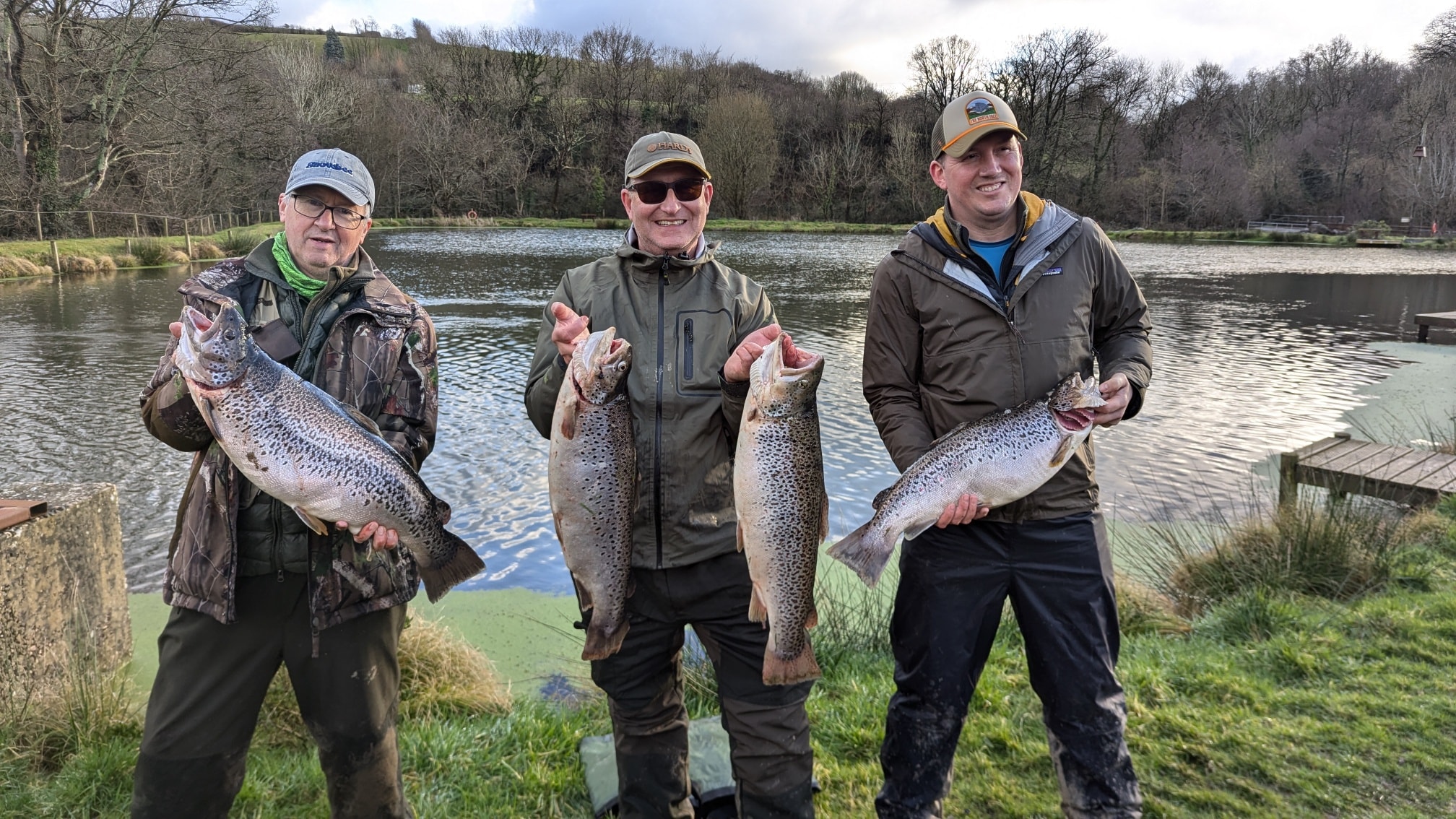
Combe Martin SAC held their AGM and presentation night at the Mariners Arms, Braunton. Members reflected upon a successful 2025 during which some superb specimen fish were recorded. Shane Pavio Hookway won the clubs specimen league with five specimen fish that included a shore caught tope of 43lb 6oz and a pouting of 2lb 2oz. Best specimen fish from the shore was a gilthead bream of 5lb 10oz to the rod of Ollie Passmore. David Brooke won the clubs top Medway Cup for best caught specimen boat with a gilthead bream of 6lb 4oz. Daniel Welch was awarded the clubs Merit Award for his outstanding contribution to the club invigorating the boat sector of the club via his boat fishing enterprise Predator 2.

 SPURDOG PACKS ON THE HUNT
SPURDOG PACKS ON THE HUNT
John Barbeary’s Charter boat Blue Fin is now back in the water at Ilfracombe taking anglers to deep water marks where huge packs of spurdog are on the hunt. A party of anglers fishing last weekend caught an estimated 150 spurdog to almost 20lb. They also boated conger, bull huss, dogfish and rockling.
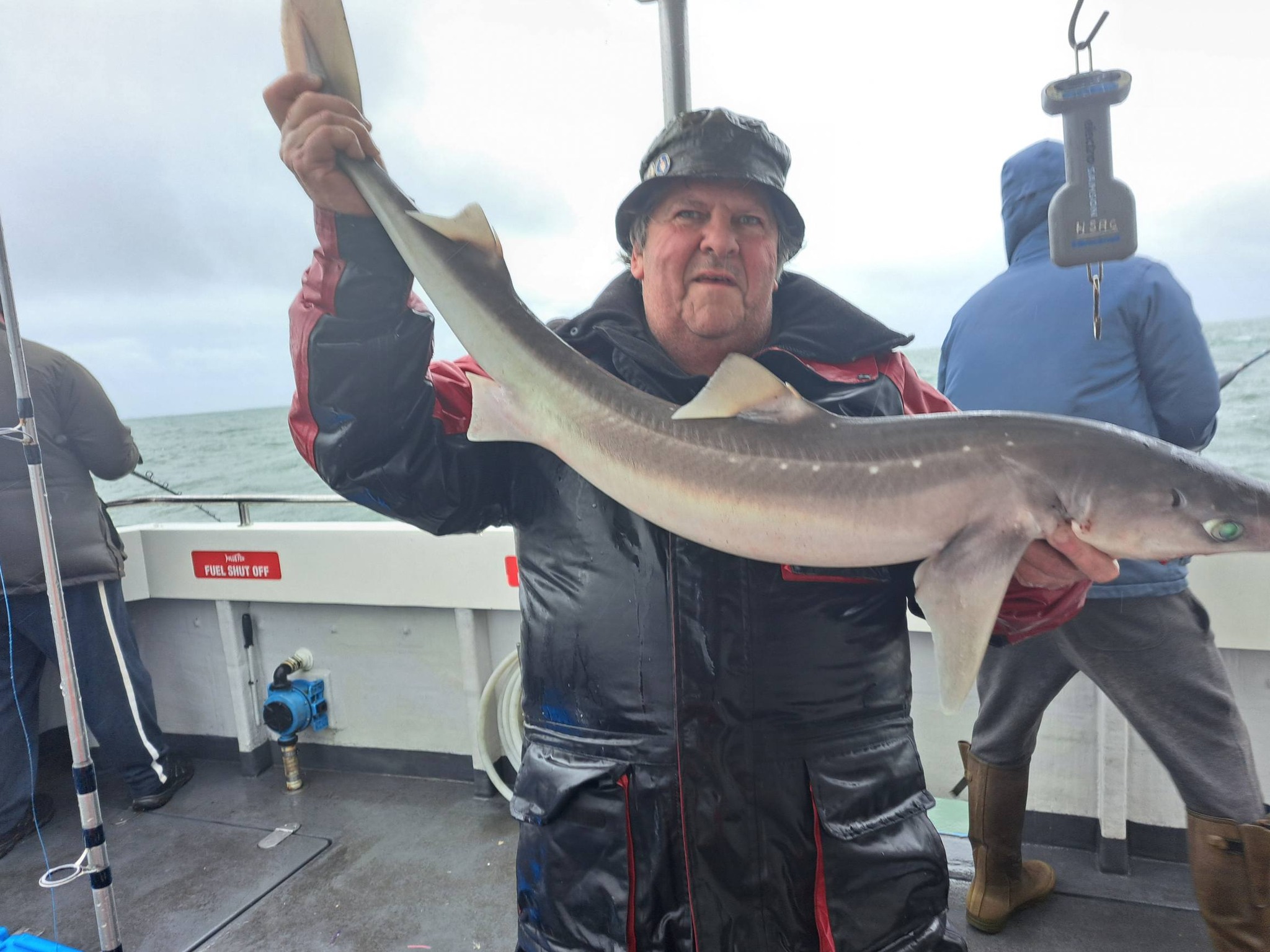
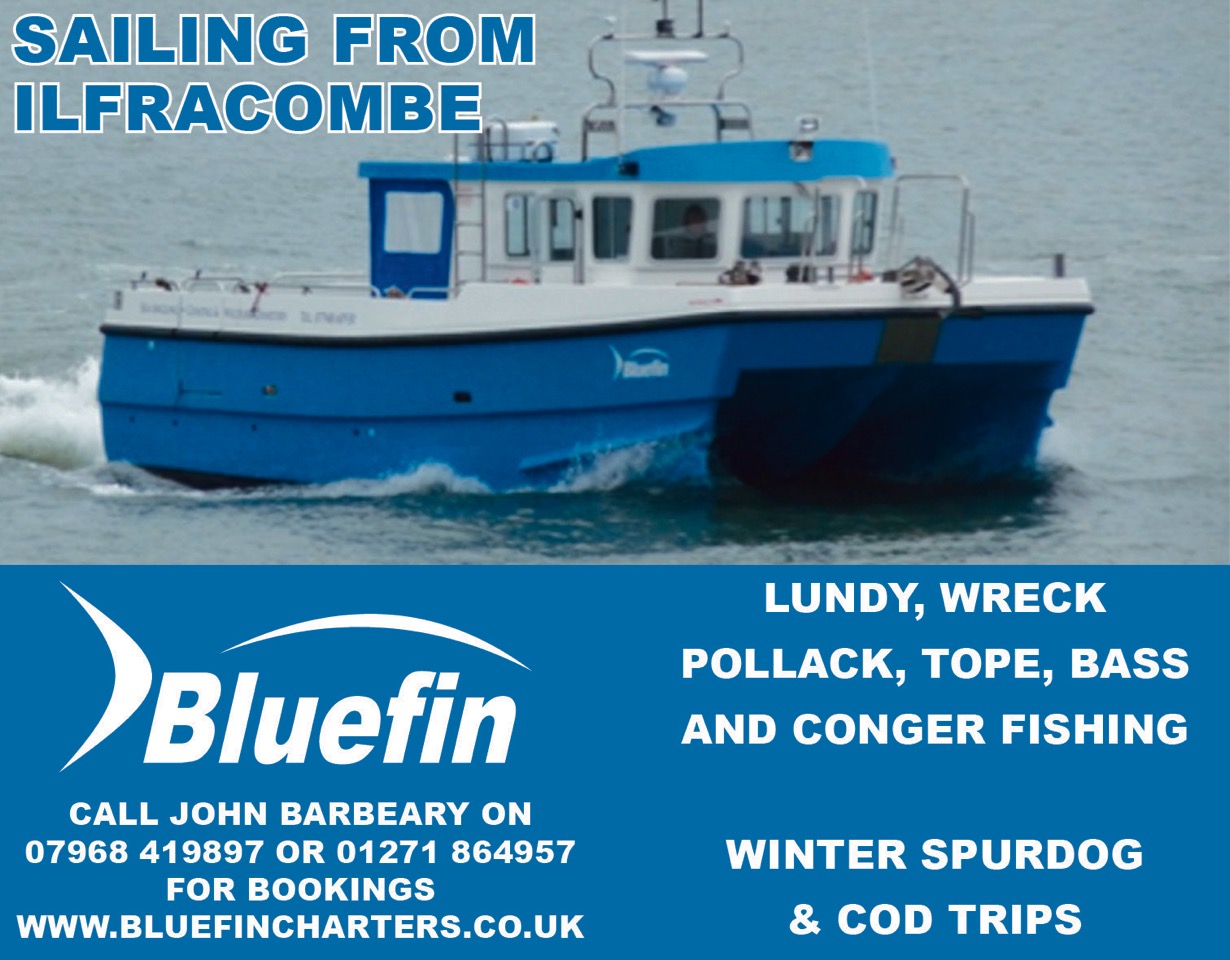
Nathan Clements won Bideford Angling Clubs monthly sea rover with a dogfish of 2lb 3.25oz.
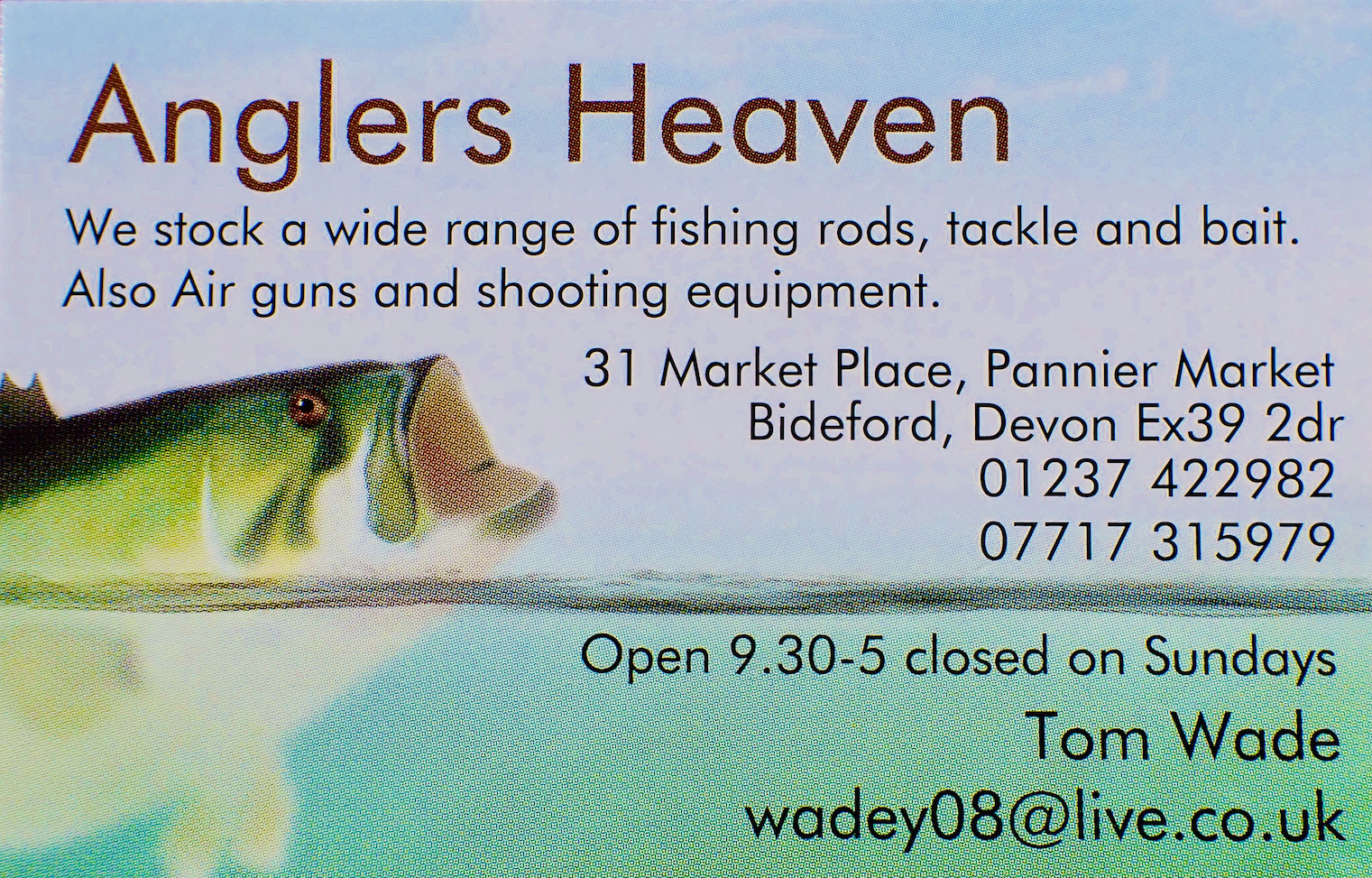
Michael Hammett won Appledore Shipbuilders monthly sea rover with a thornback ray of 7lb 6oz. Jack Sharrock was runner up with a small eyed ray of 6lb 13oz and Andrew Atkinson third with a thornback ray of 6lb 10oz.
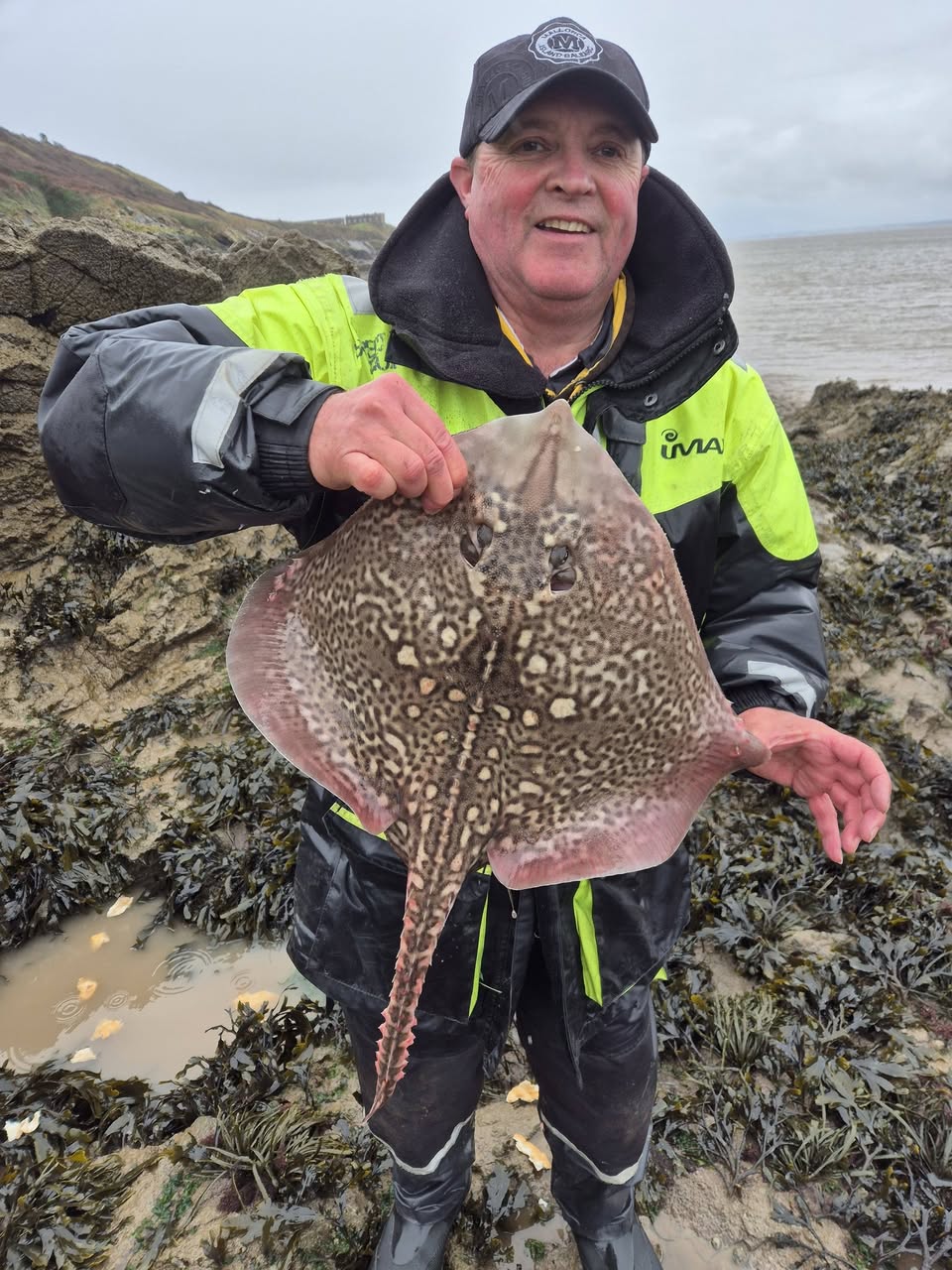
North Devon Match Group fished their latest Match at Stafford Moor saw good catches for members on both Tanner’s Lake and Woodies. Roger Ackroyd was top rod on Tanners with 116lb 14oz and Dave Stockton winner on Woodies with 101lb 1oz.
